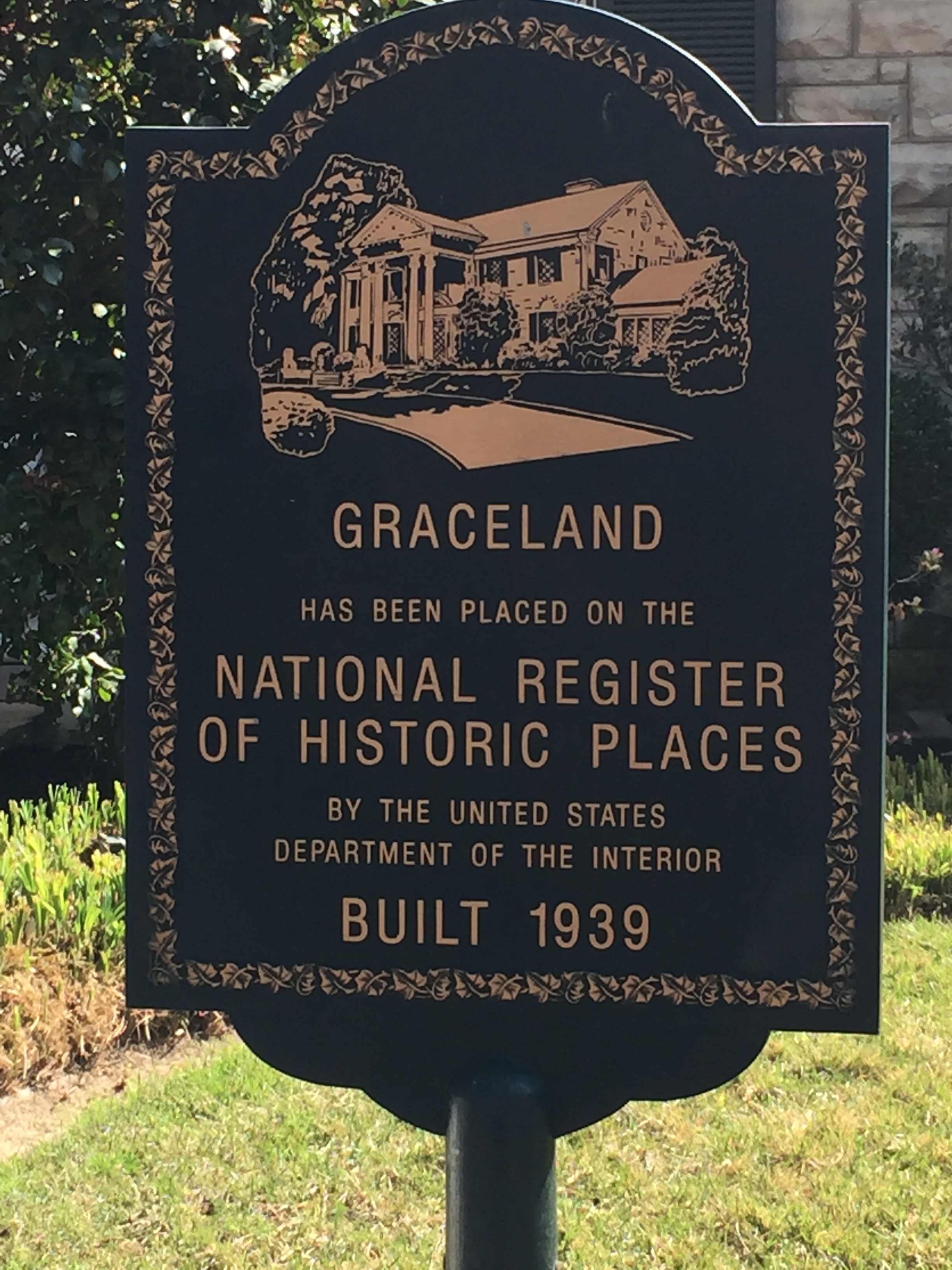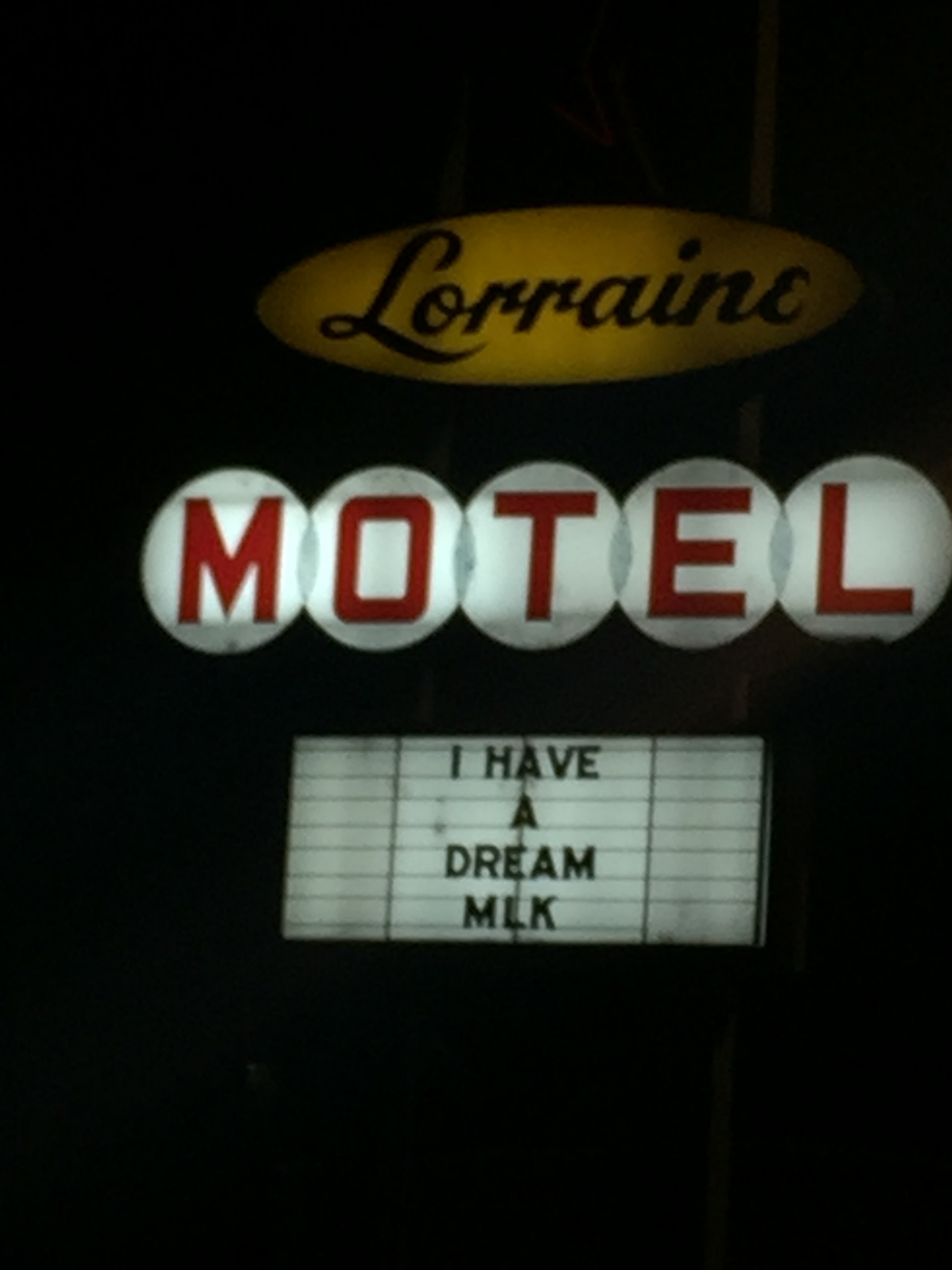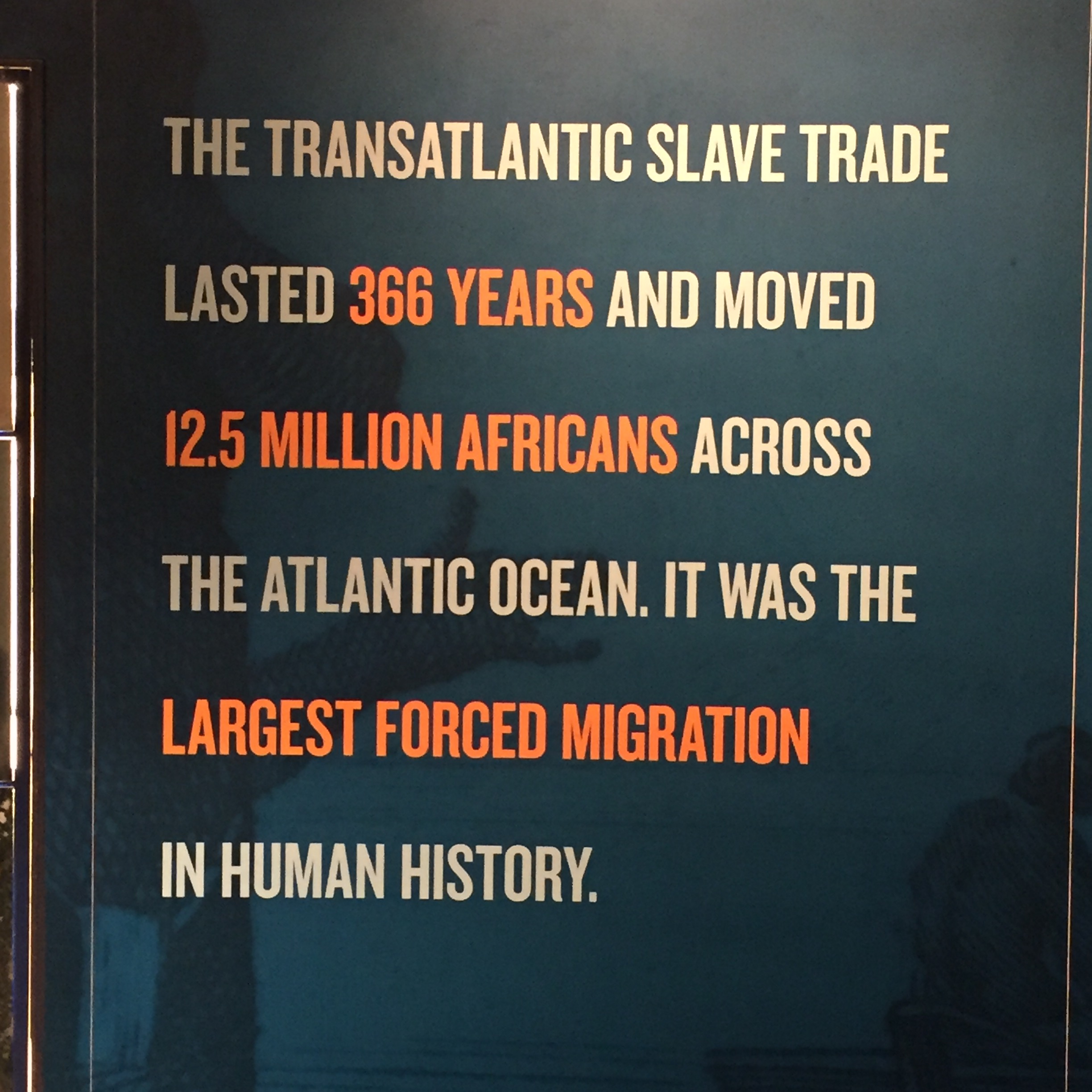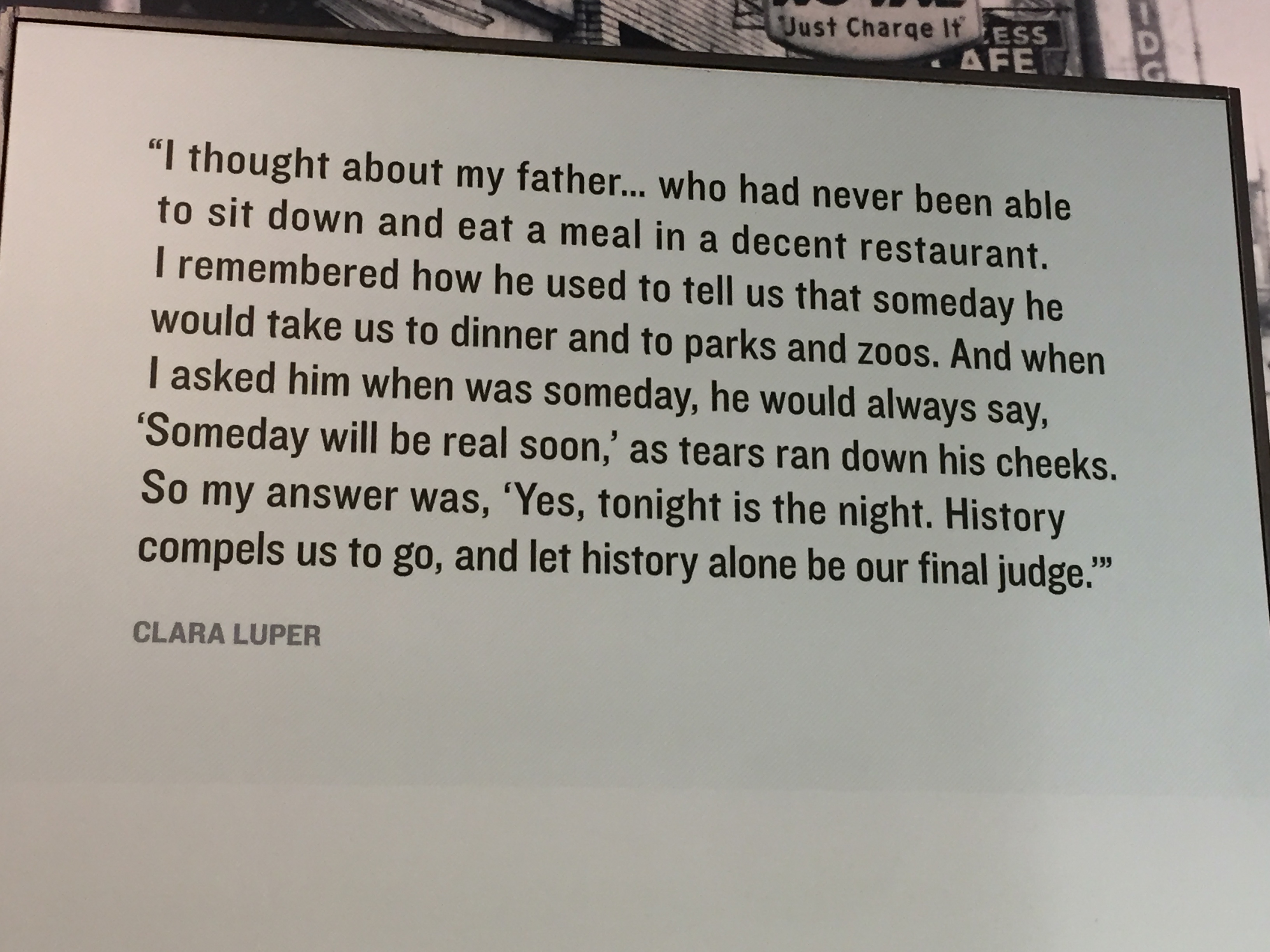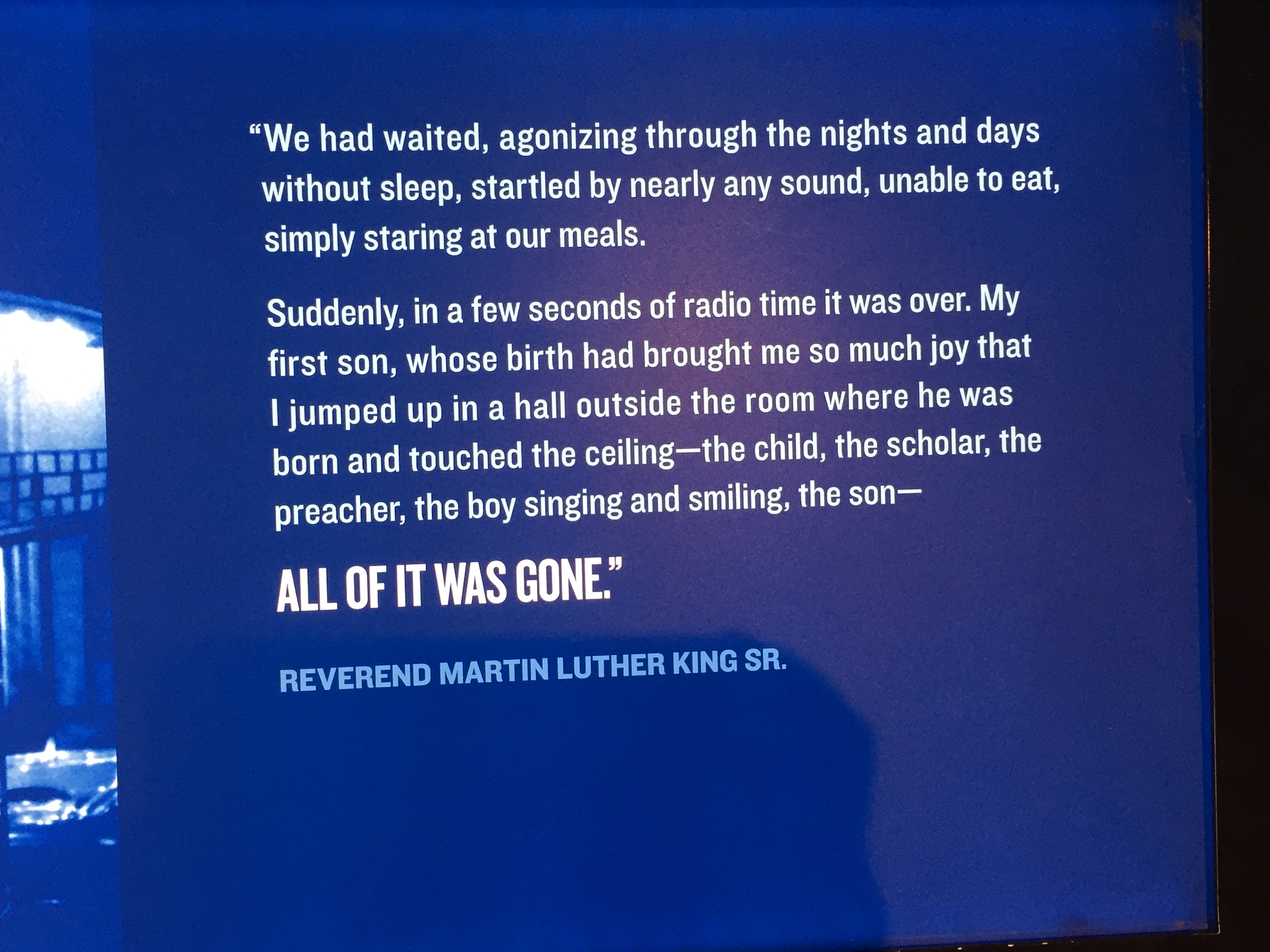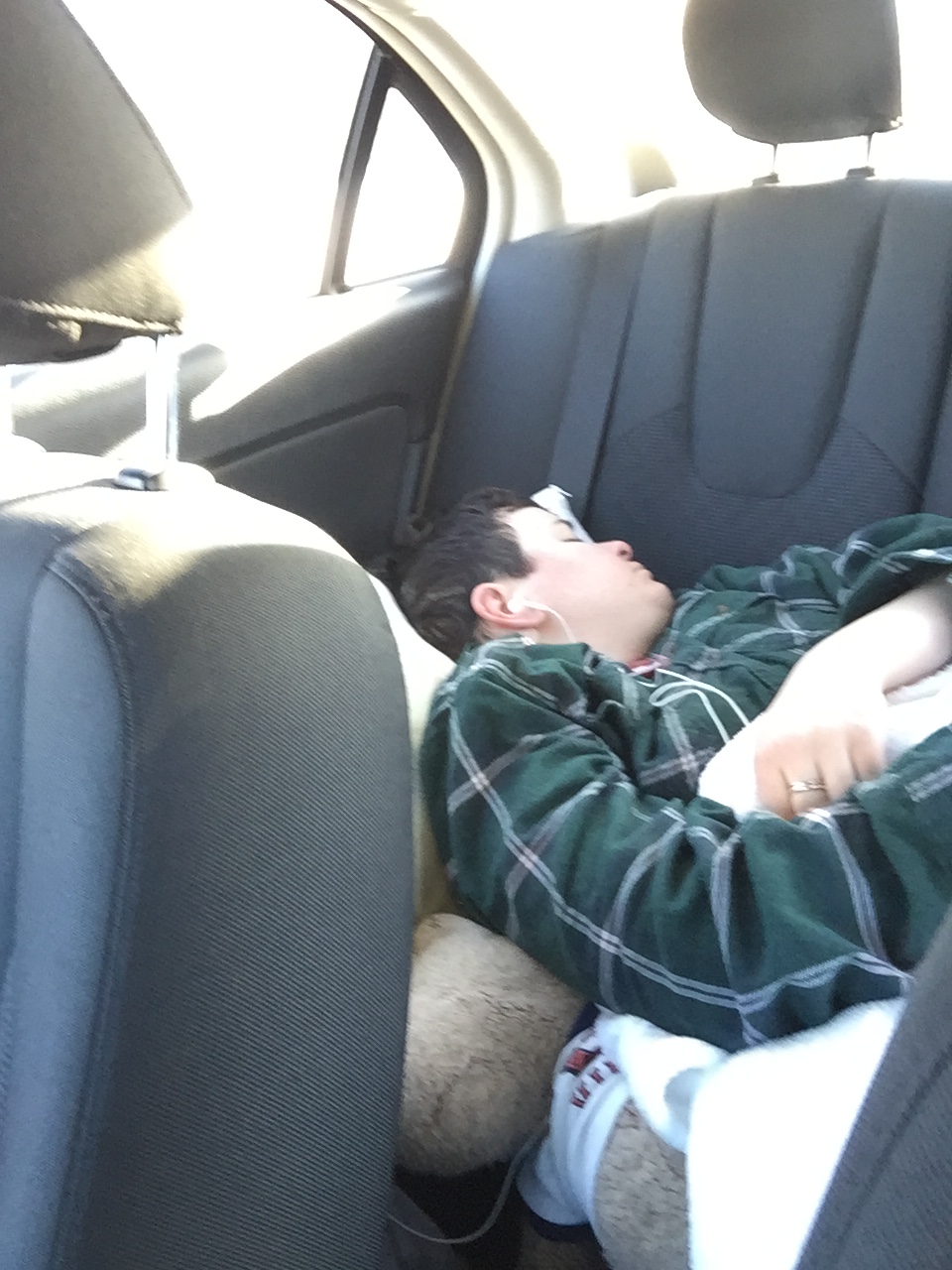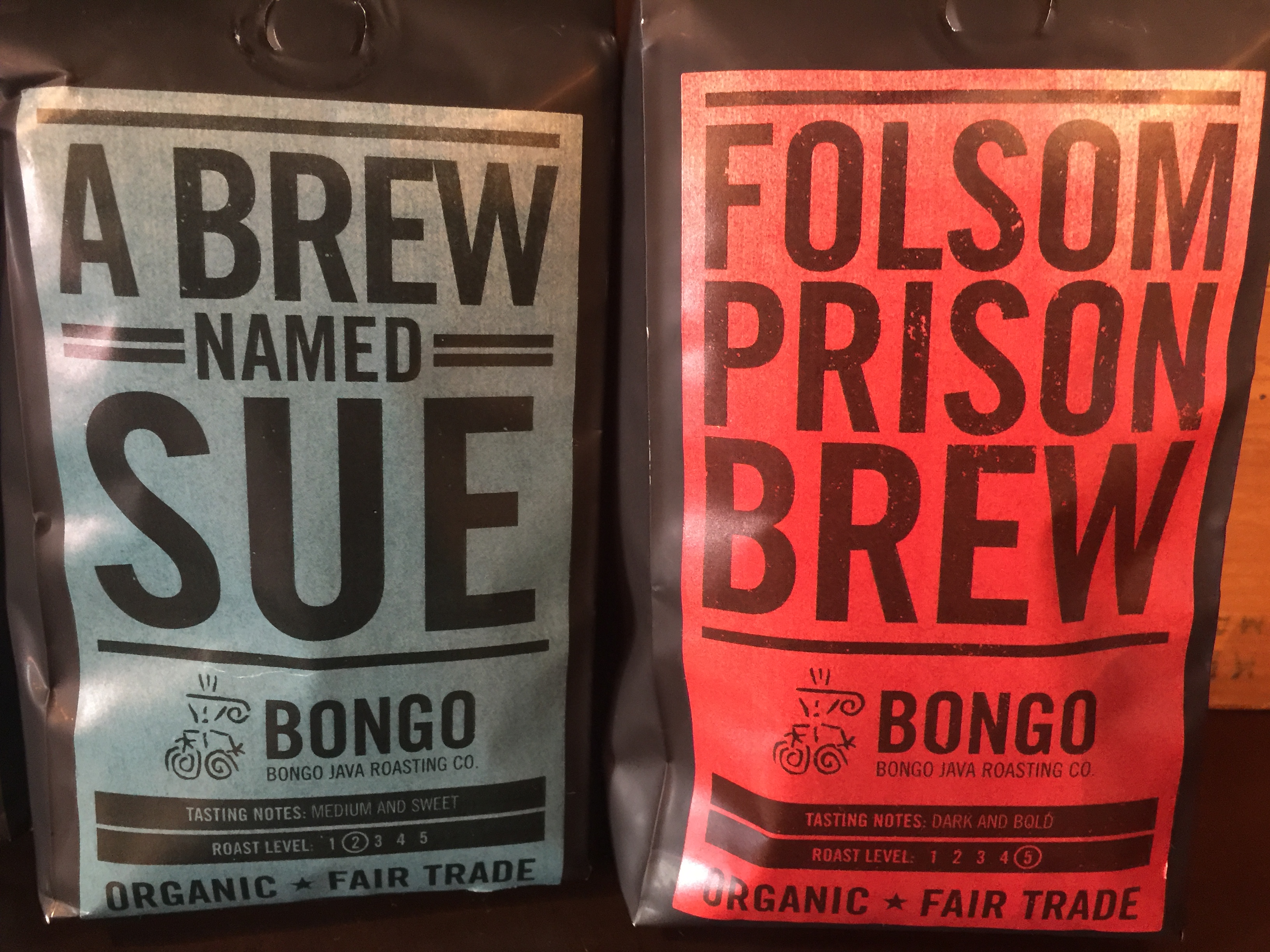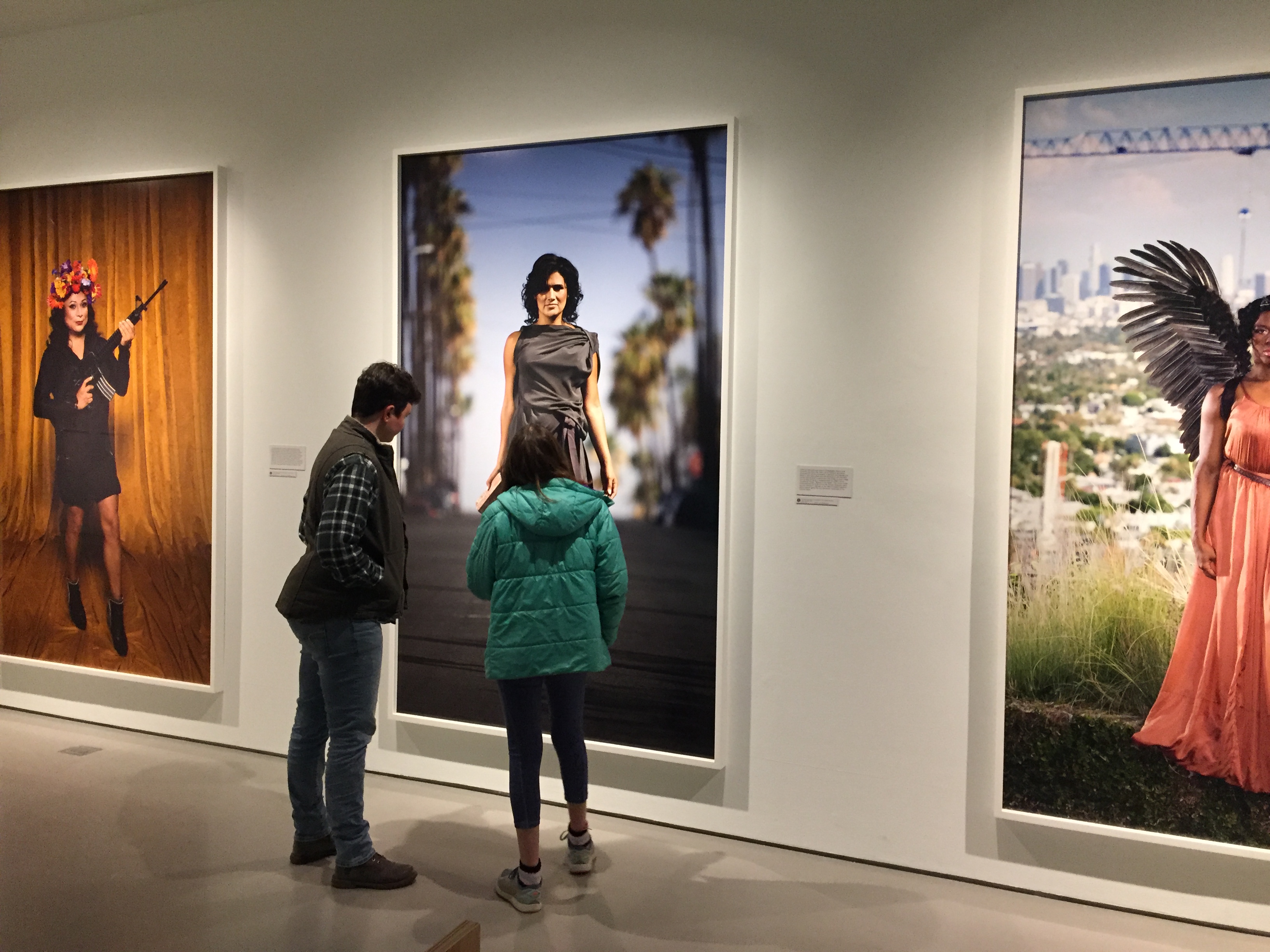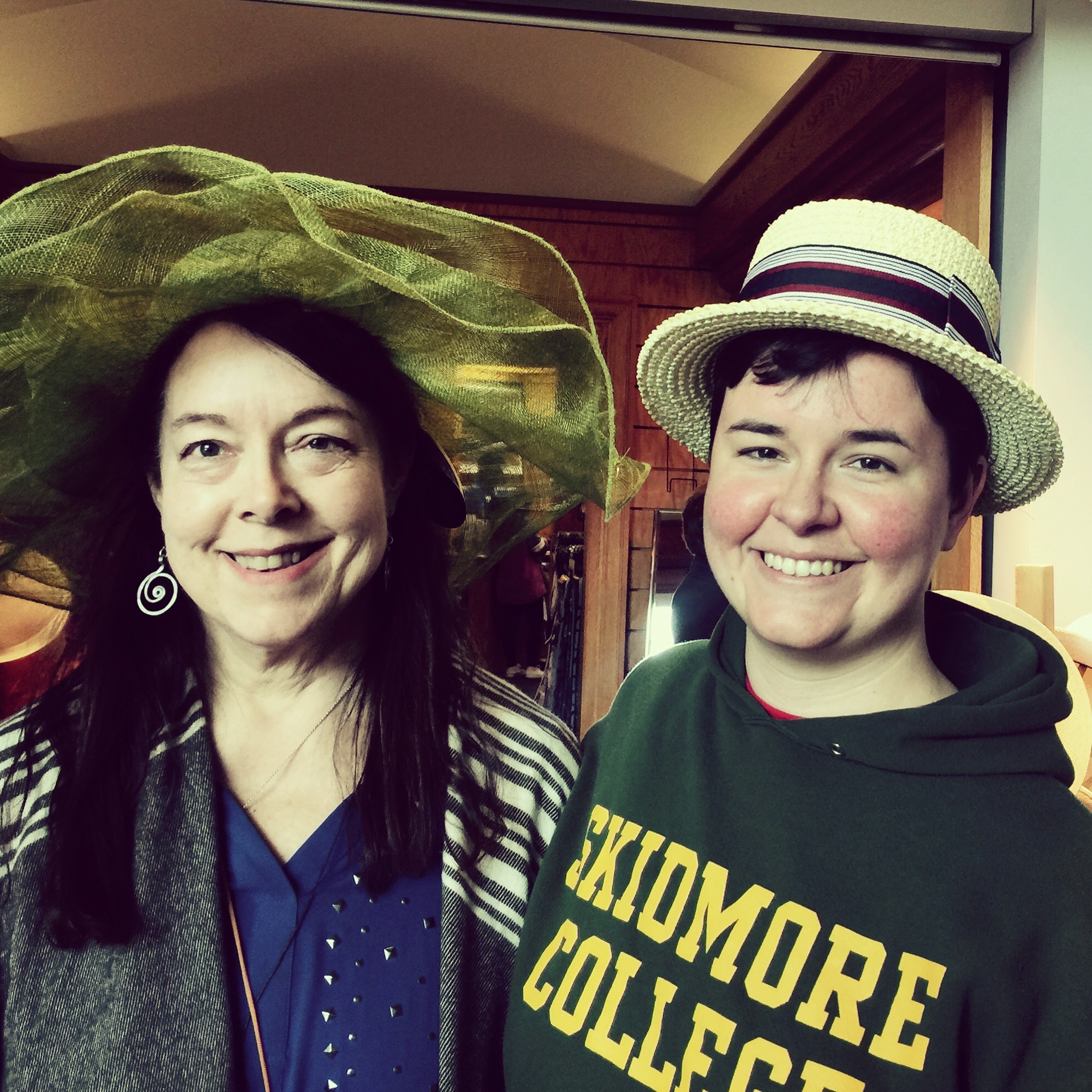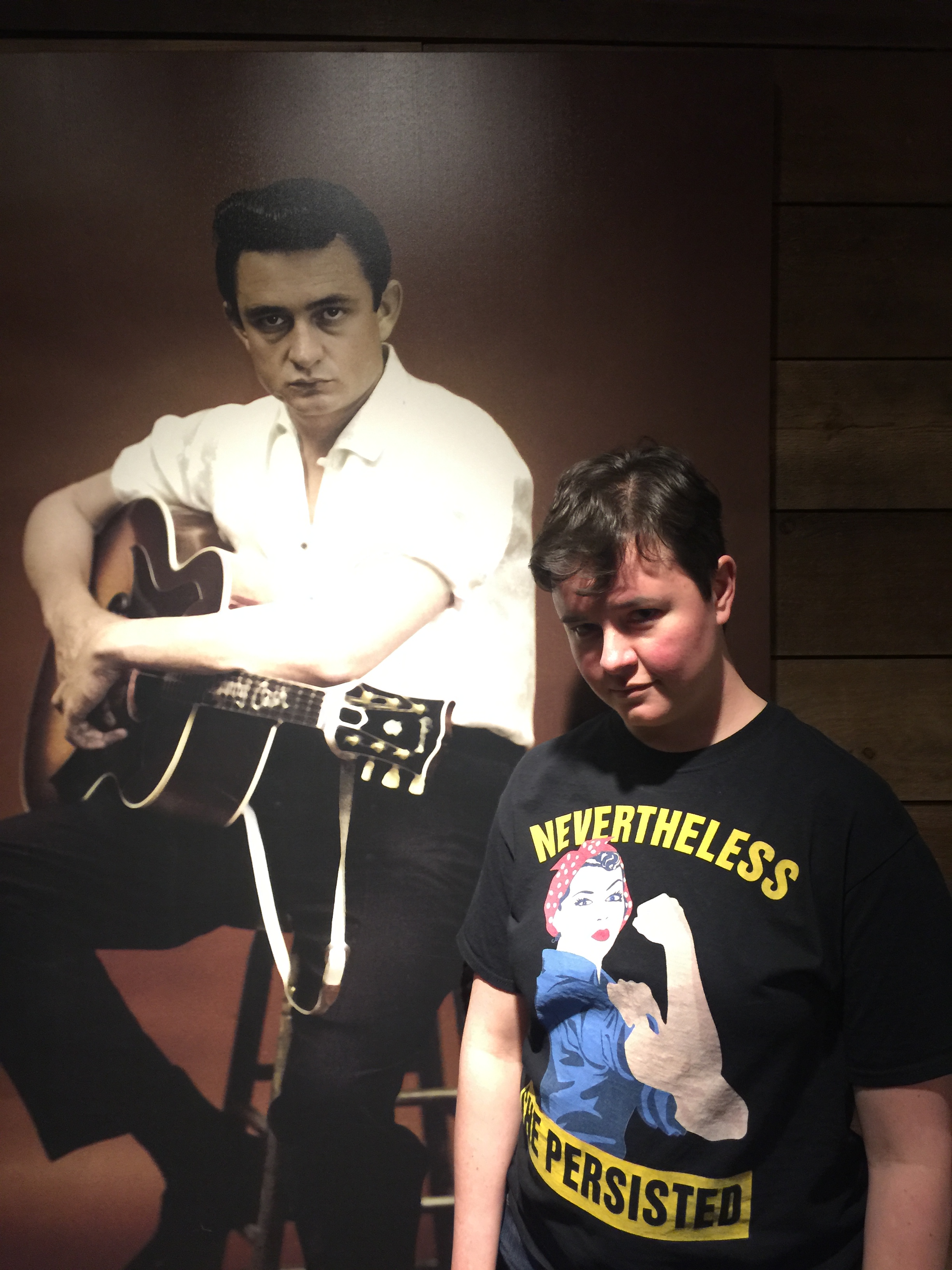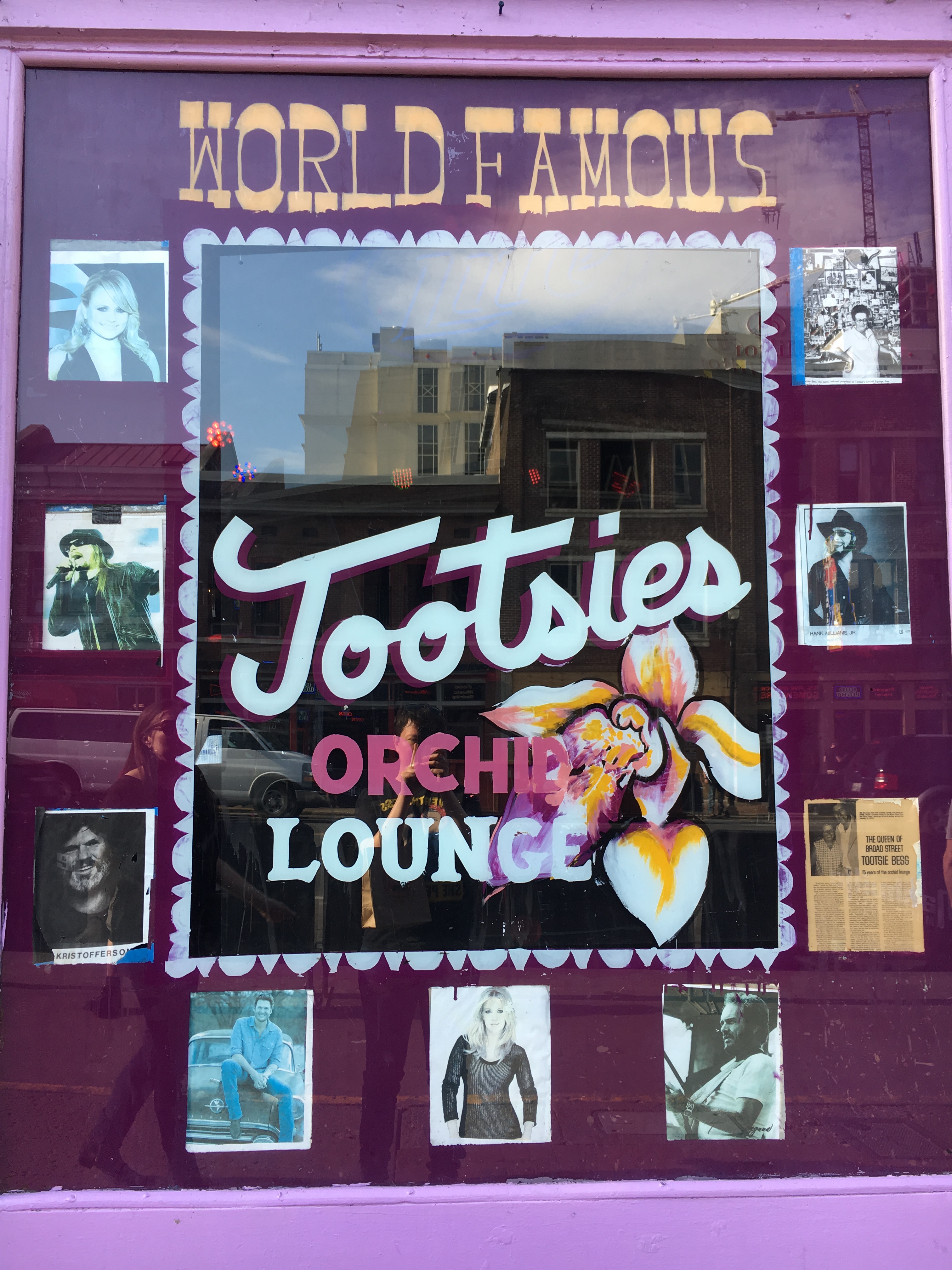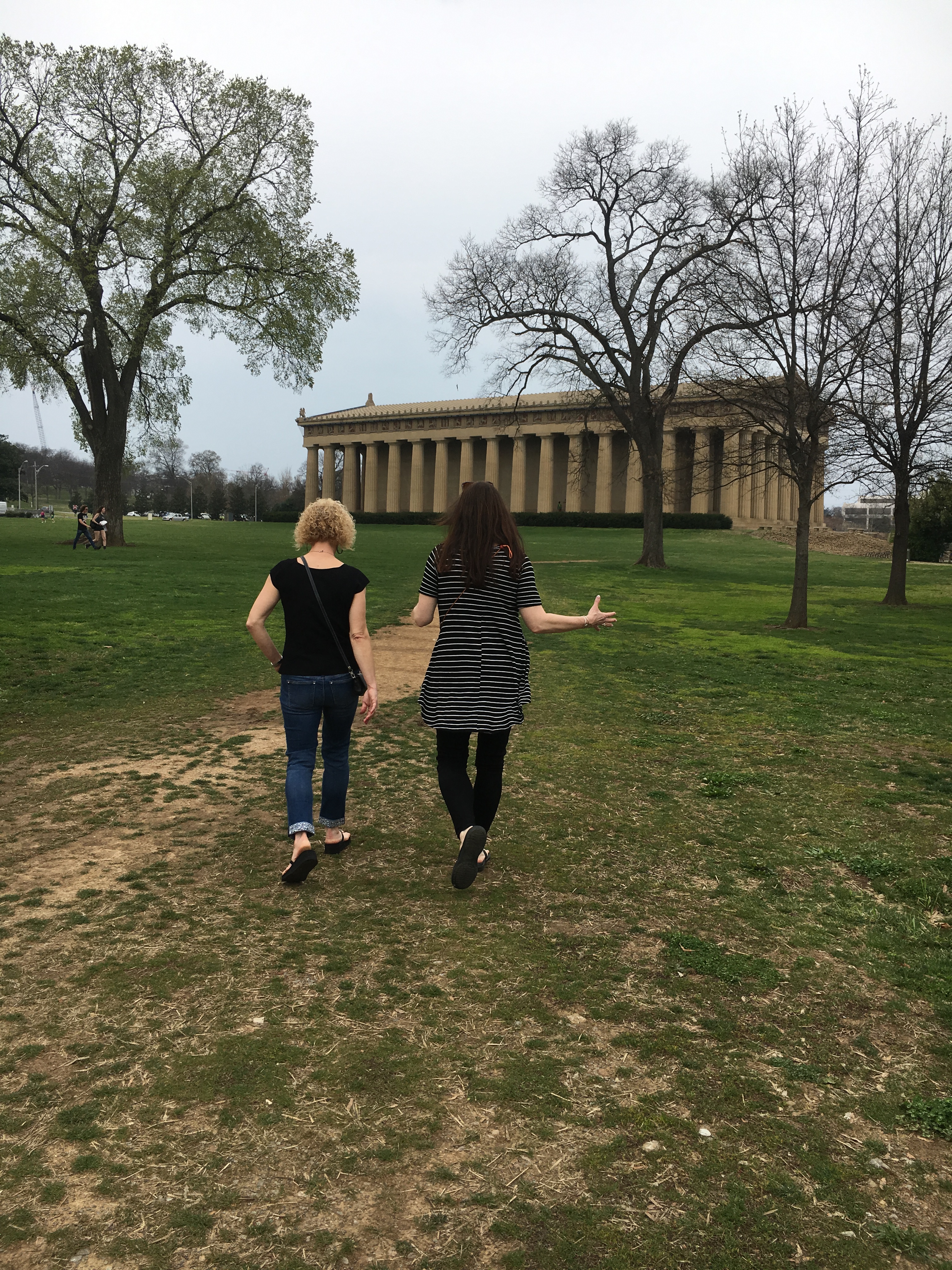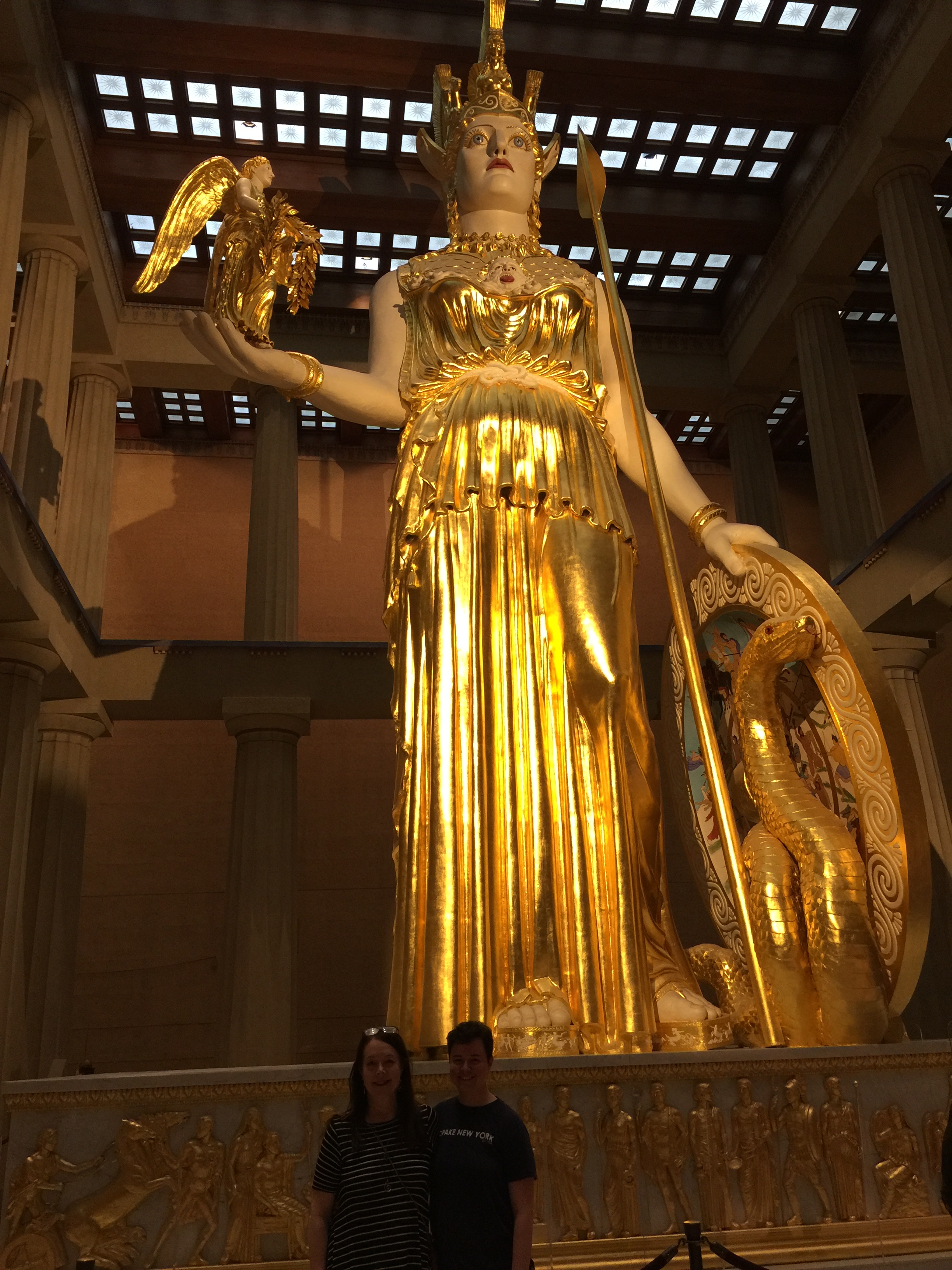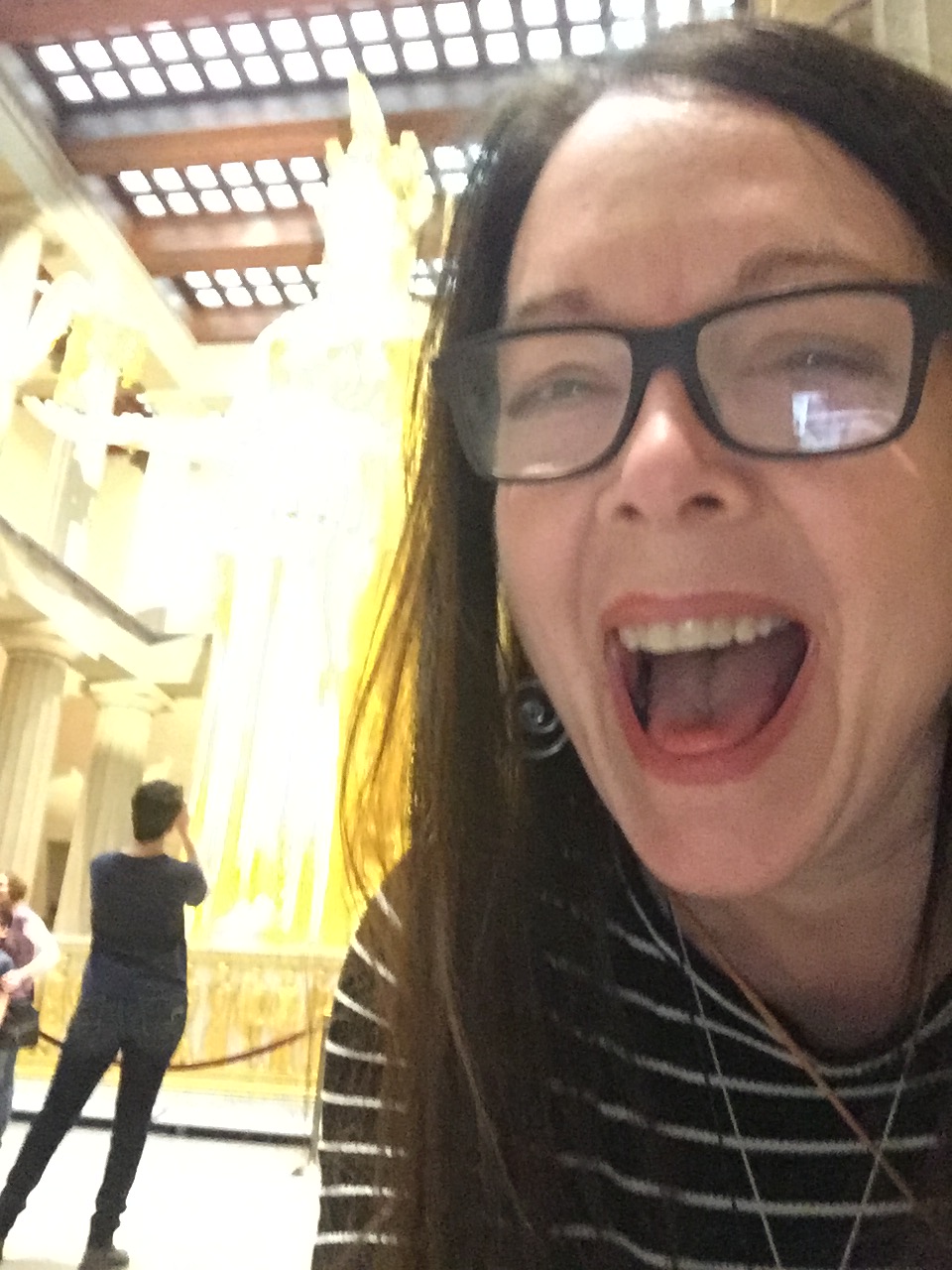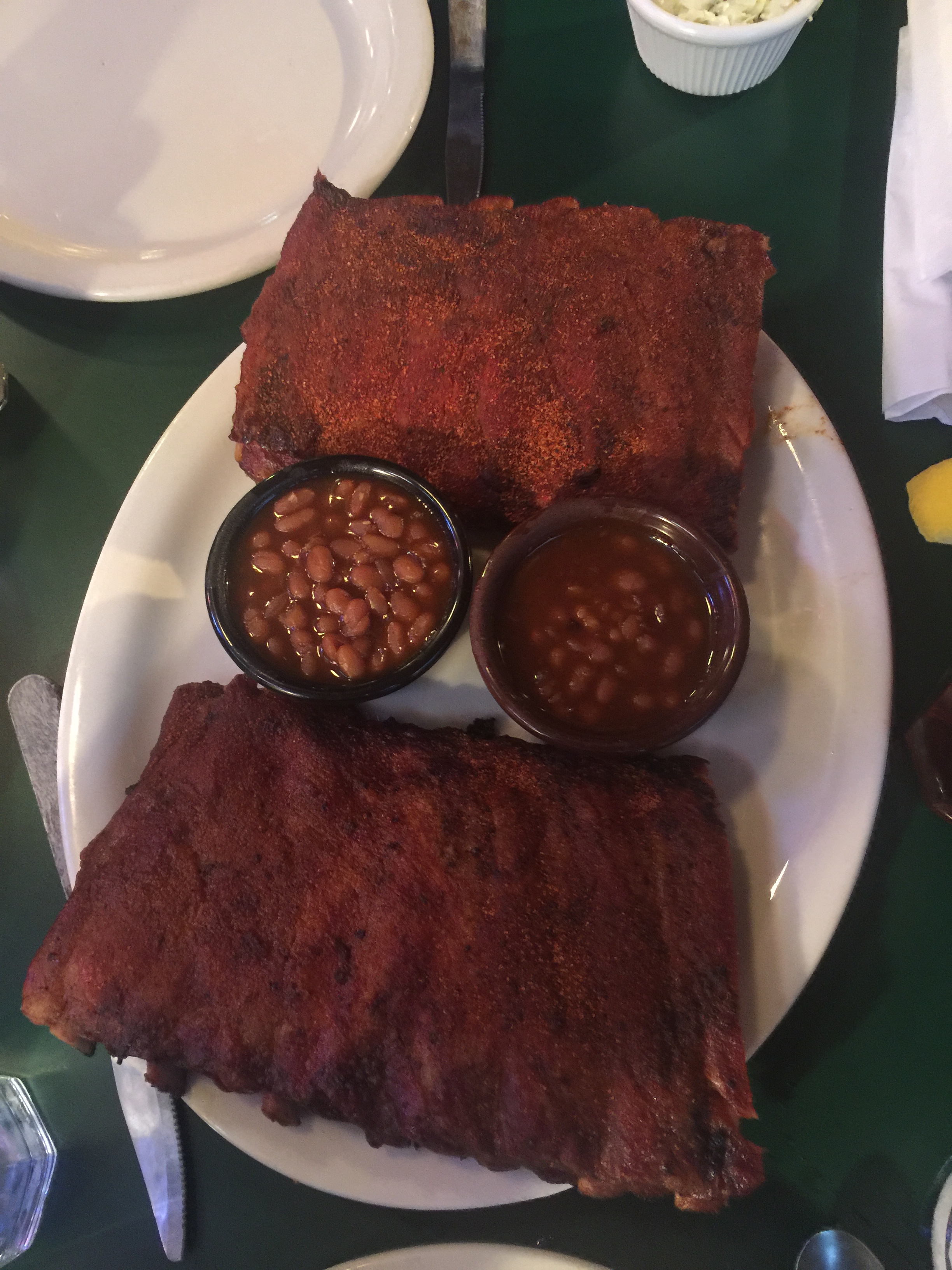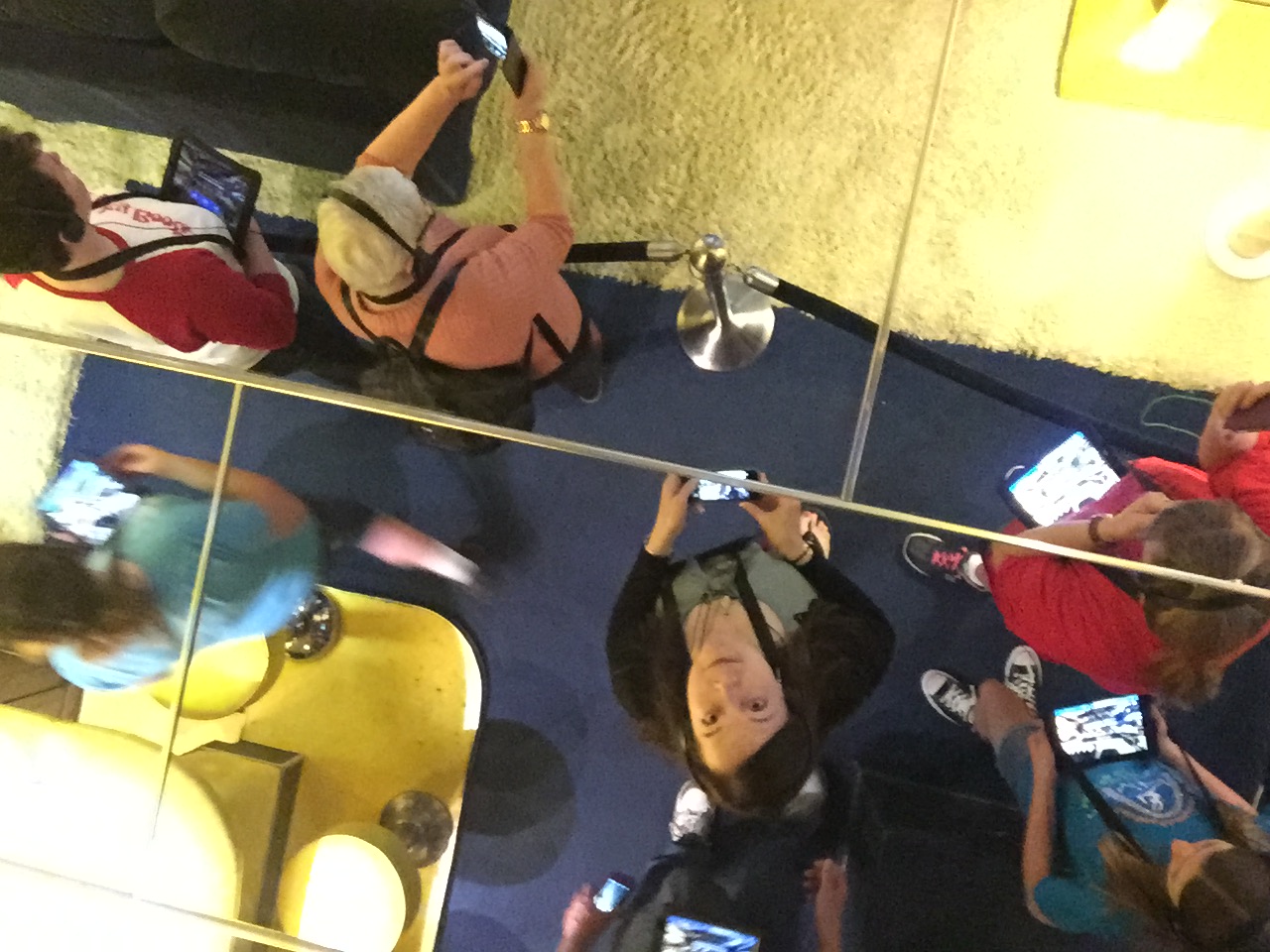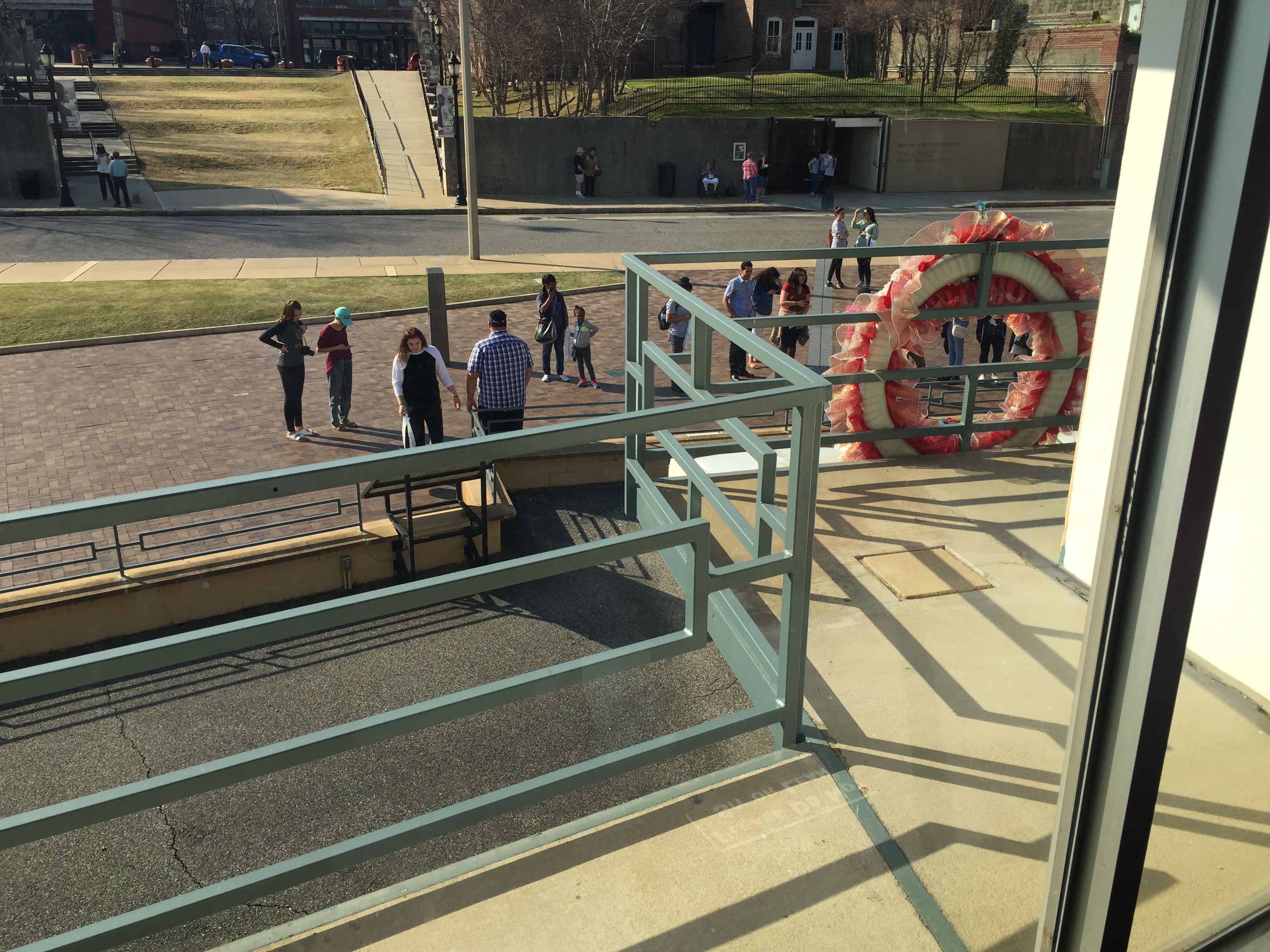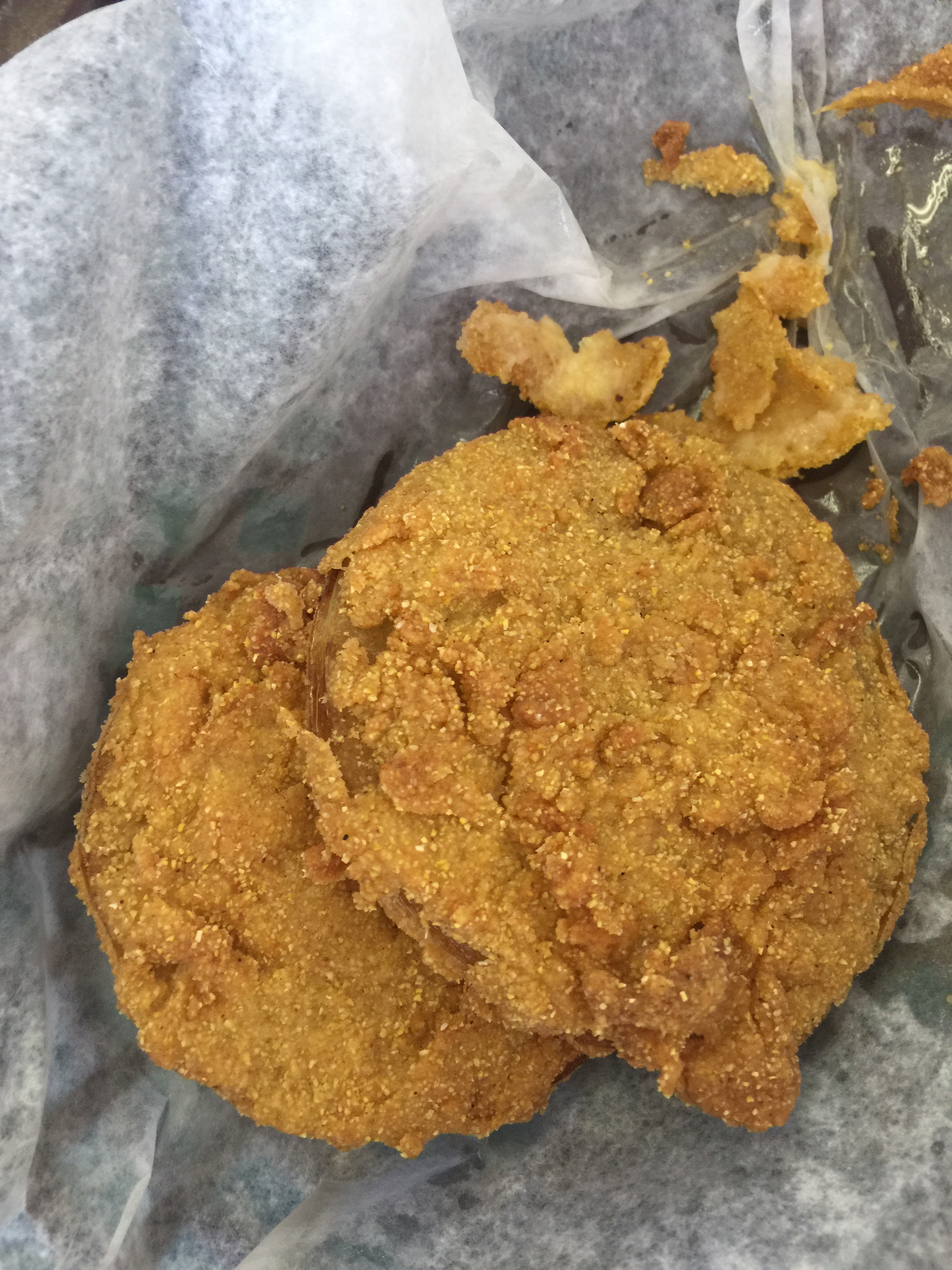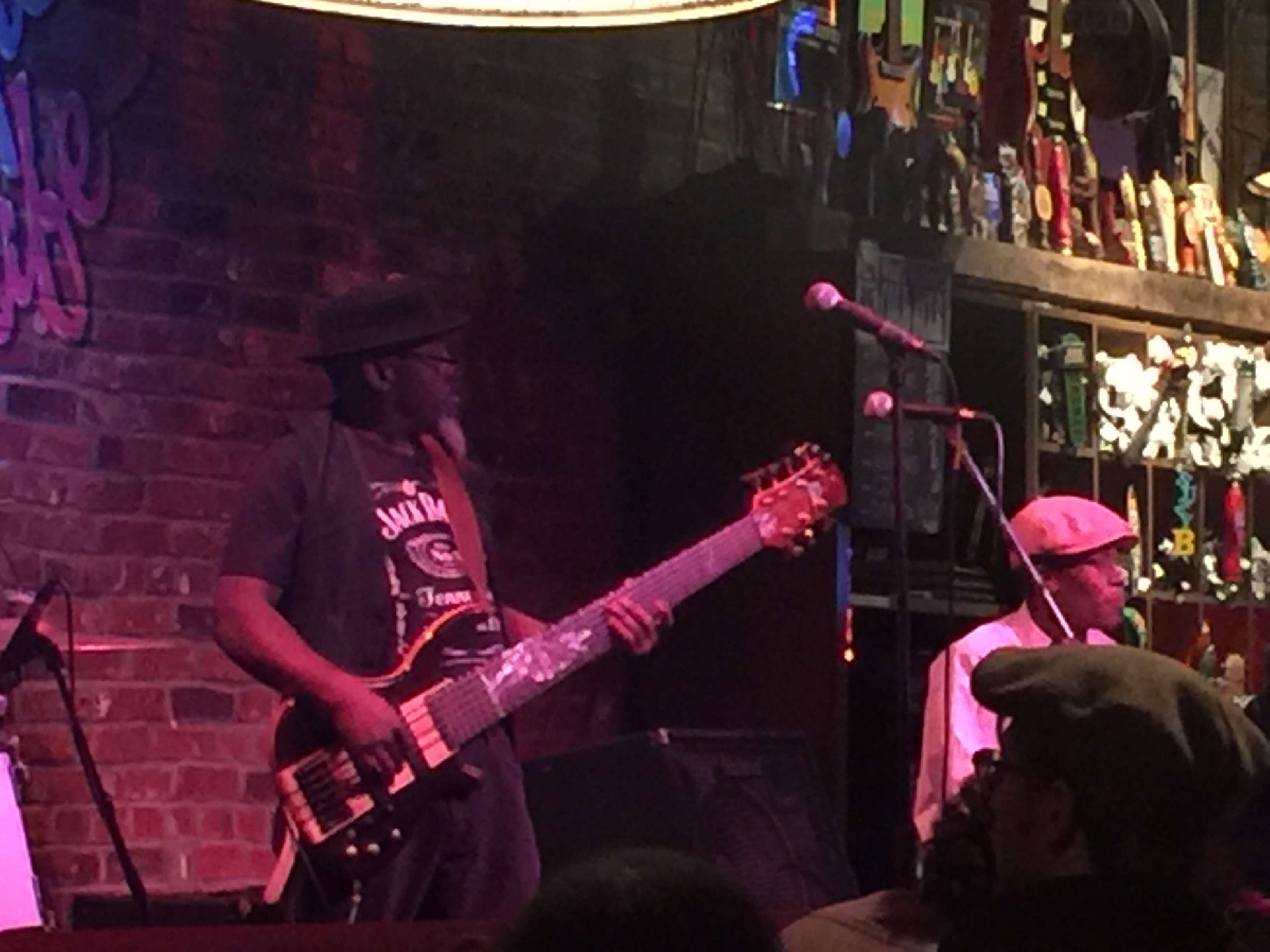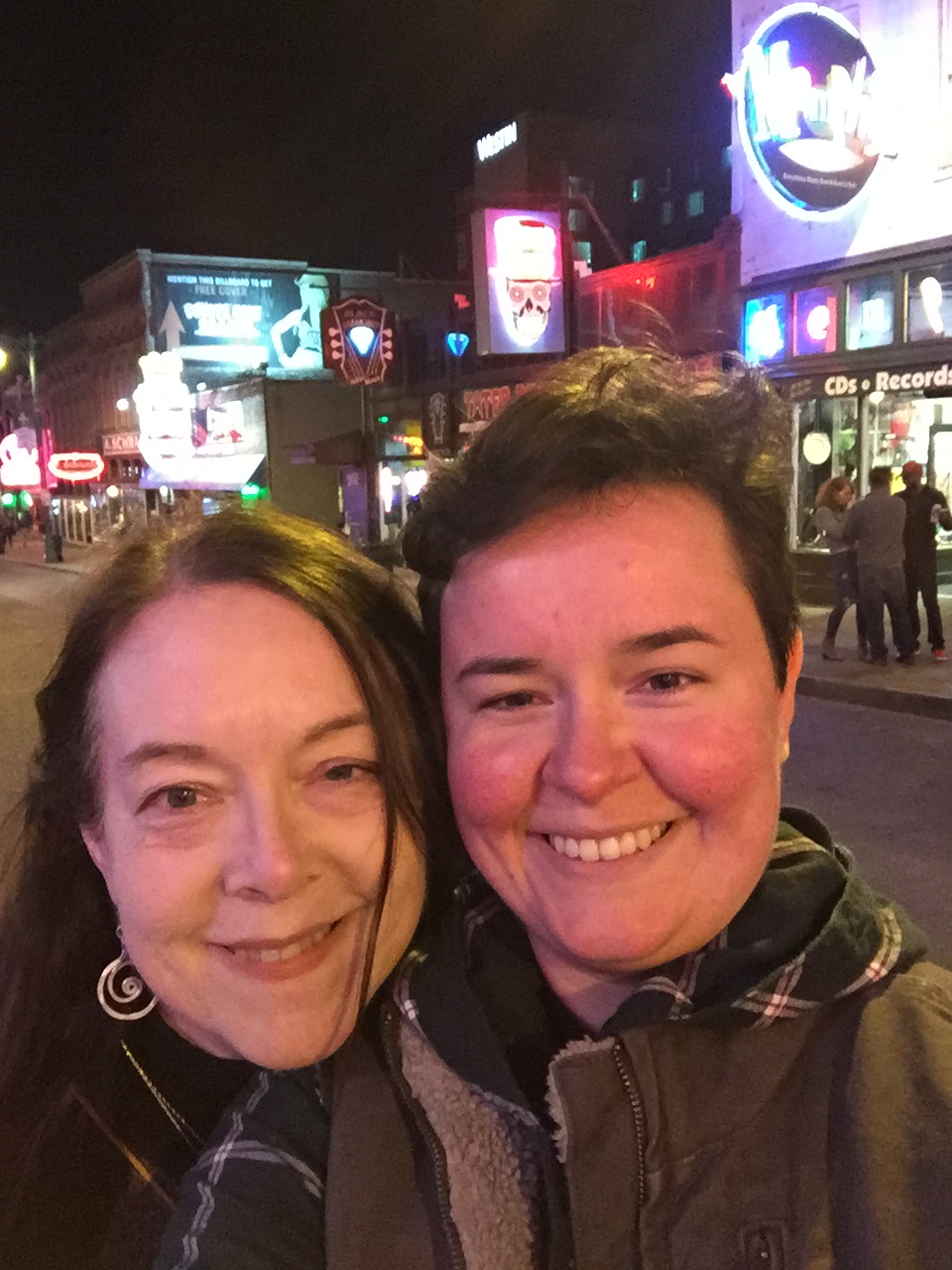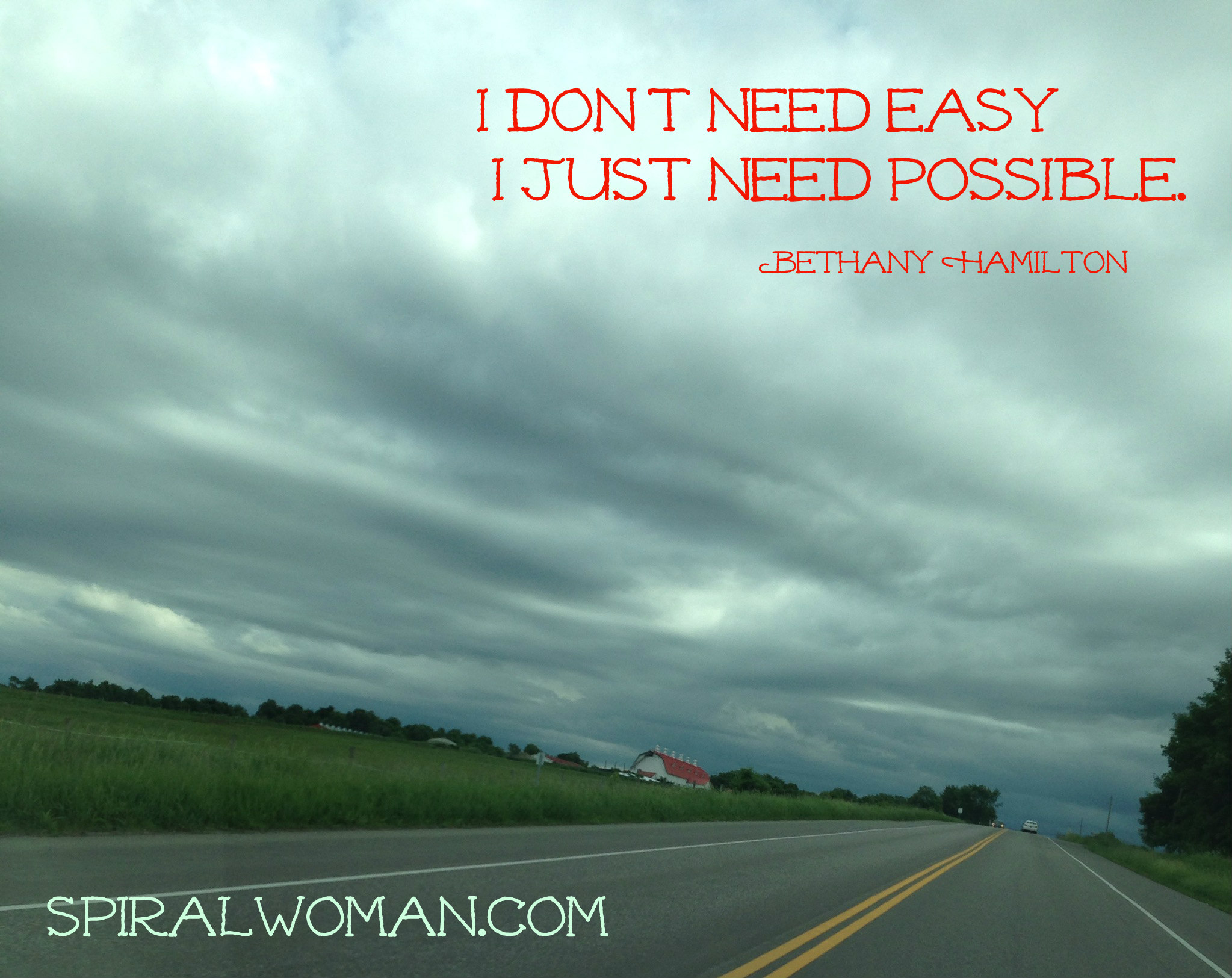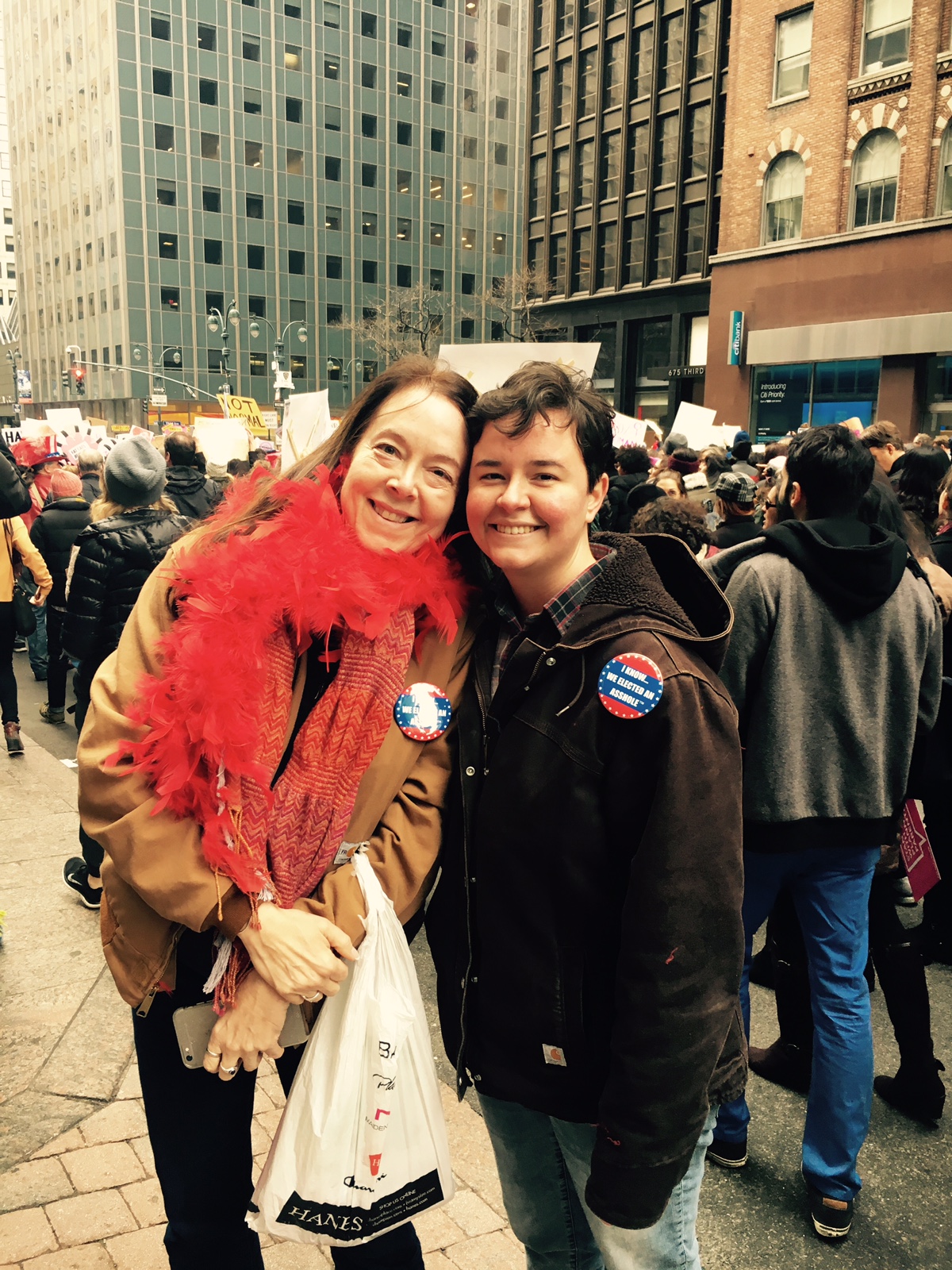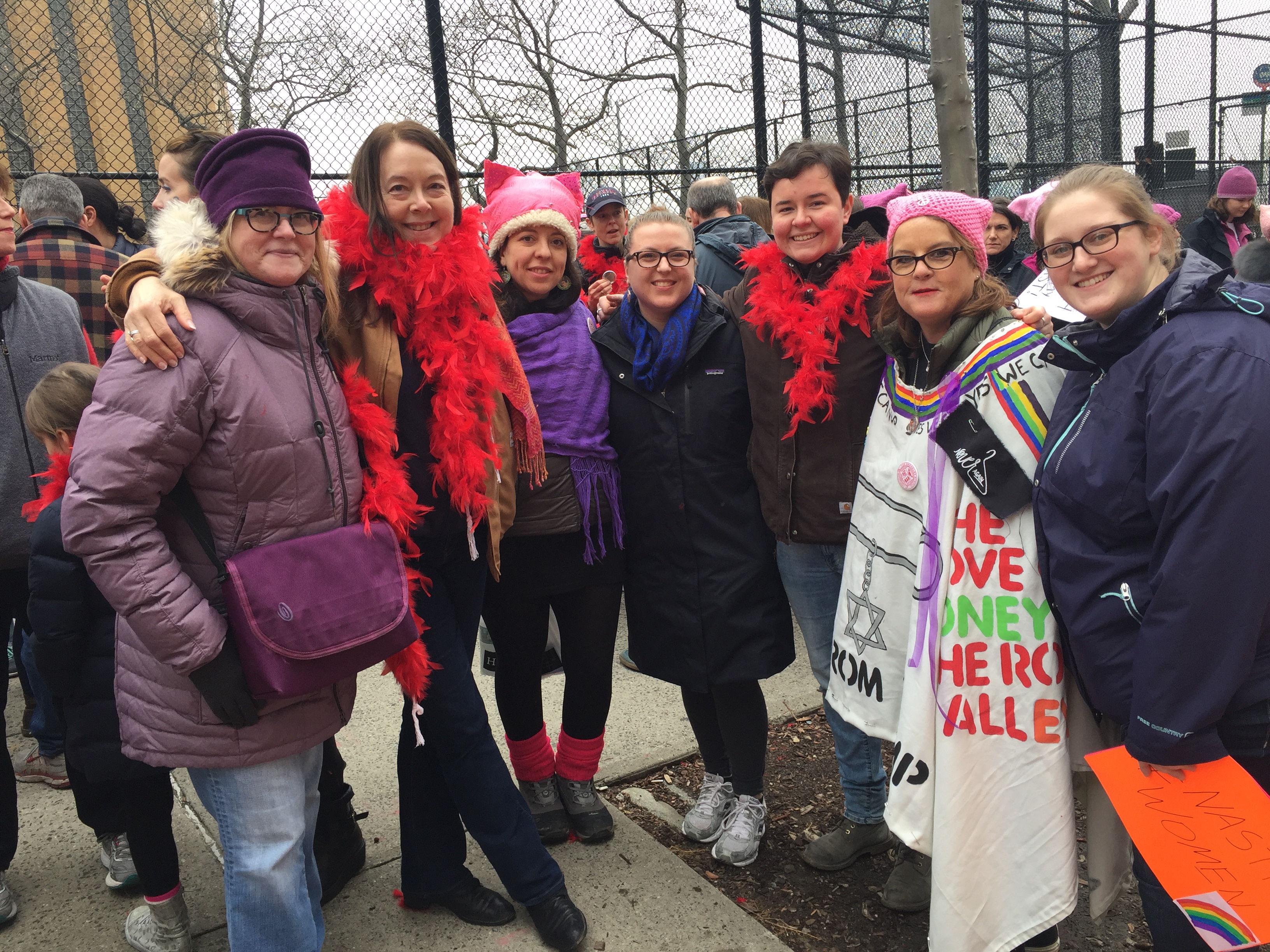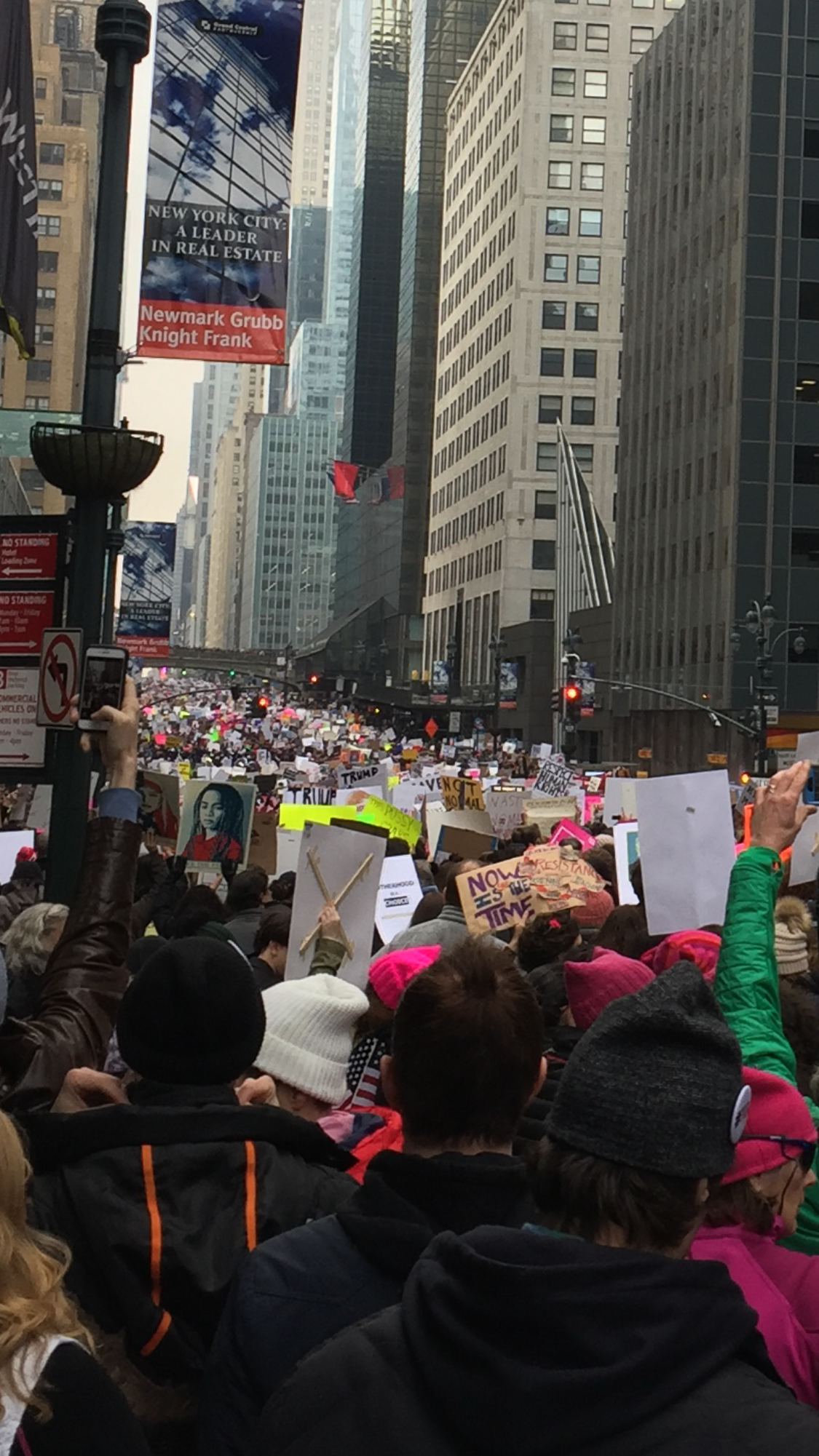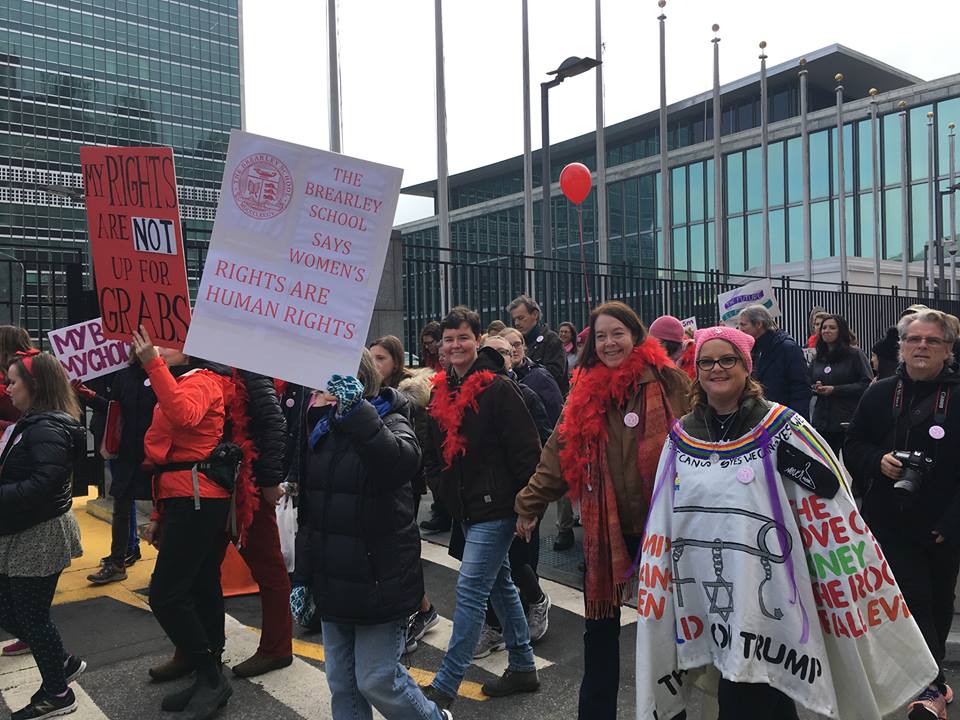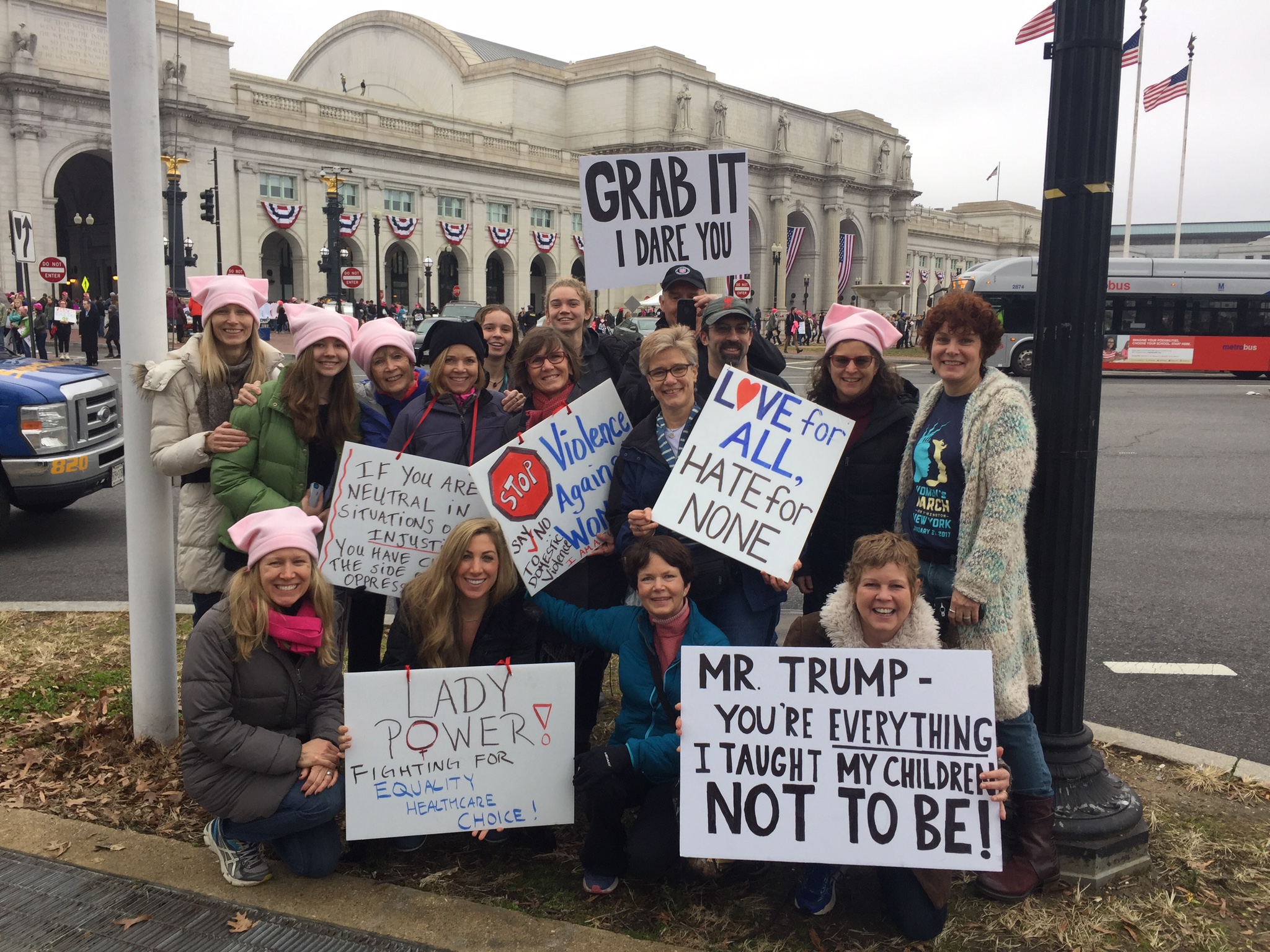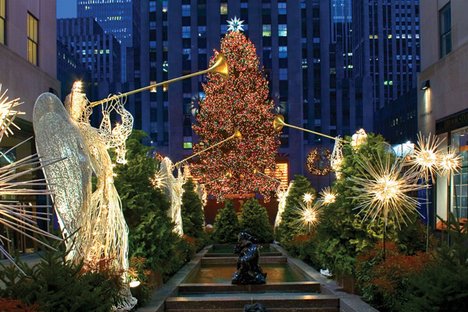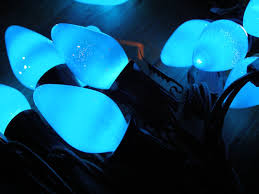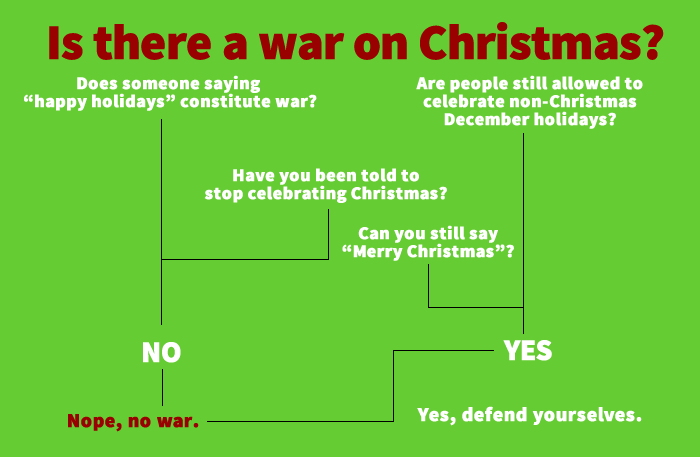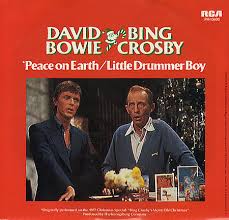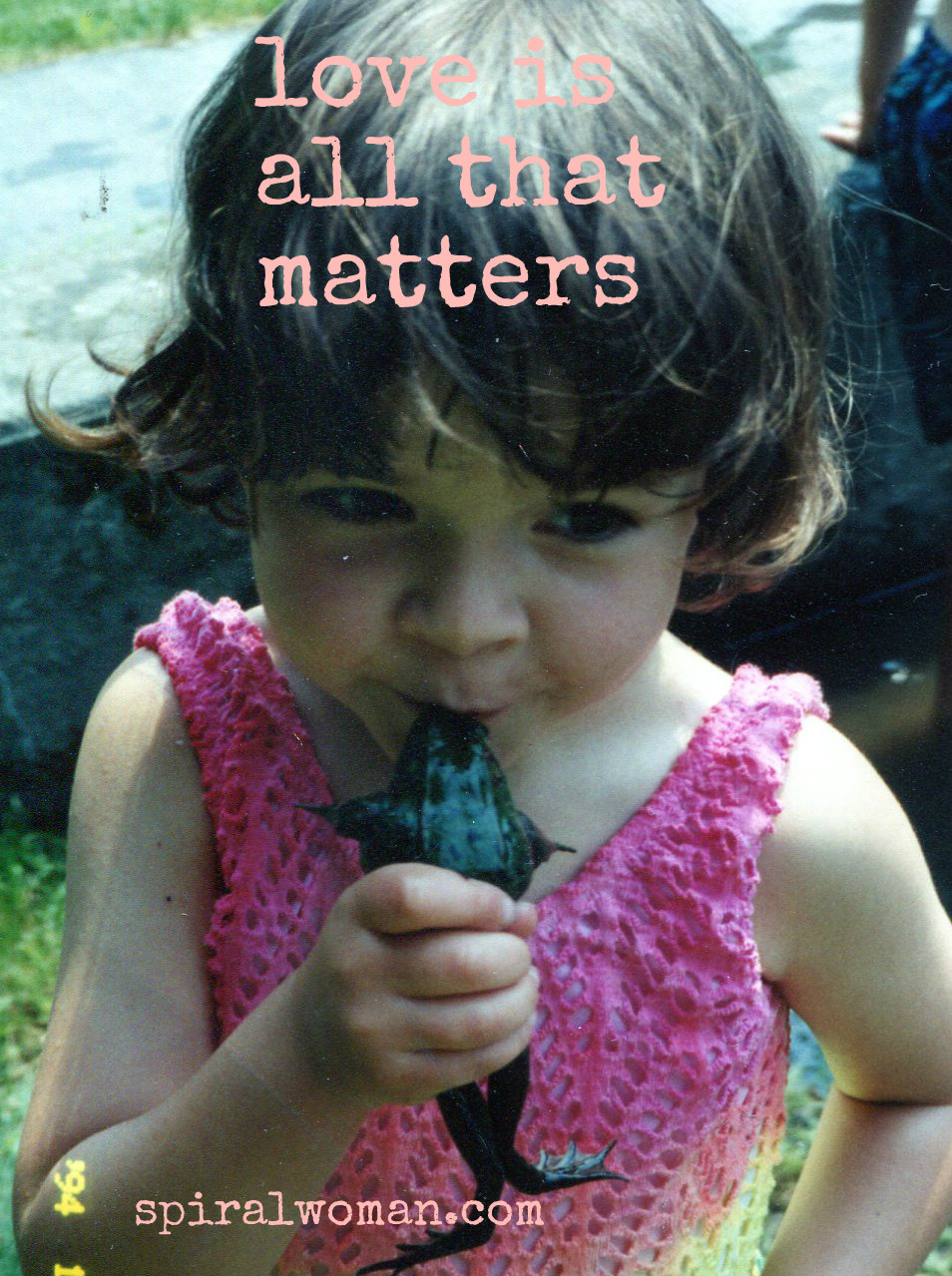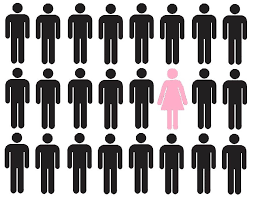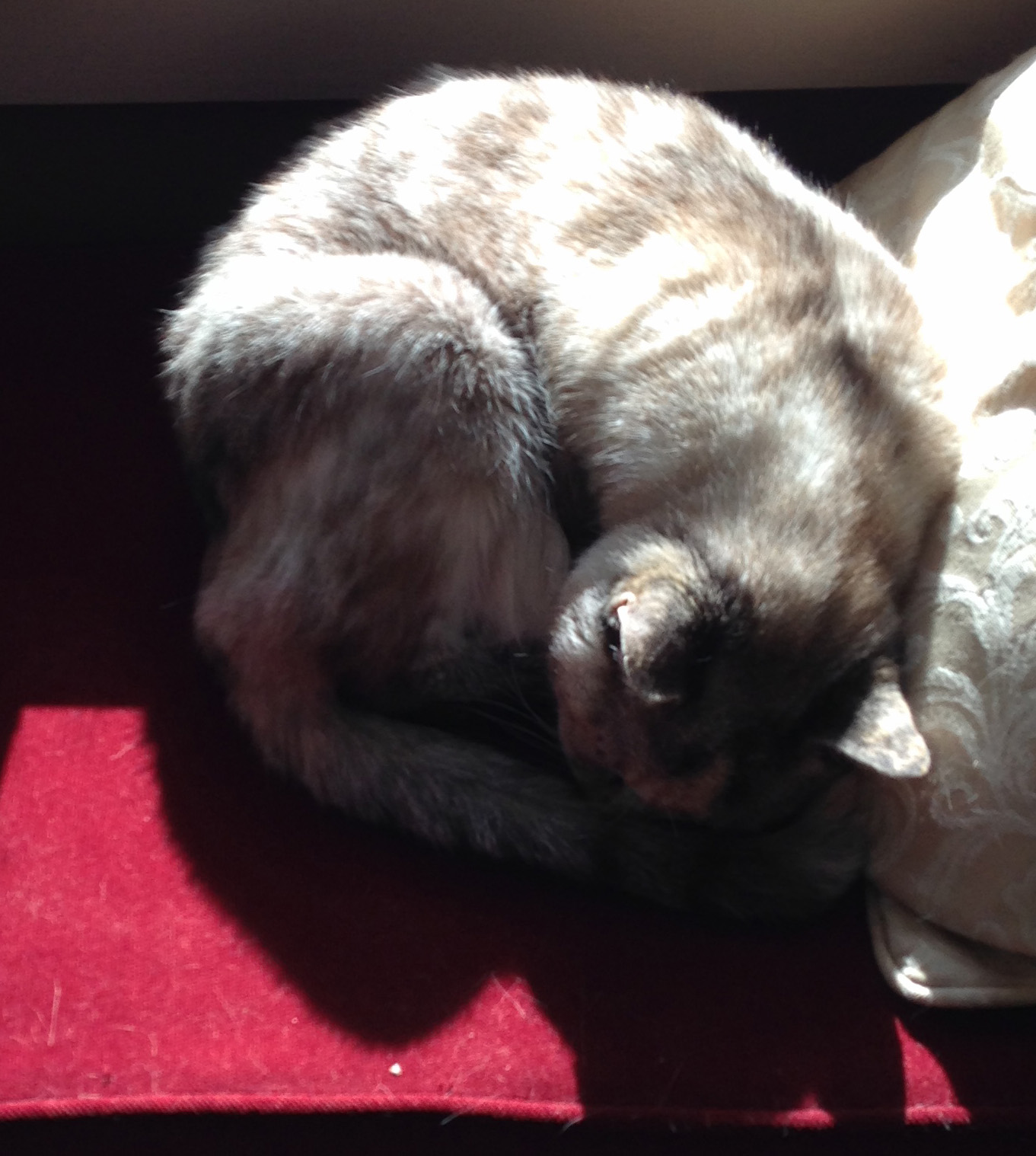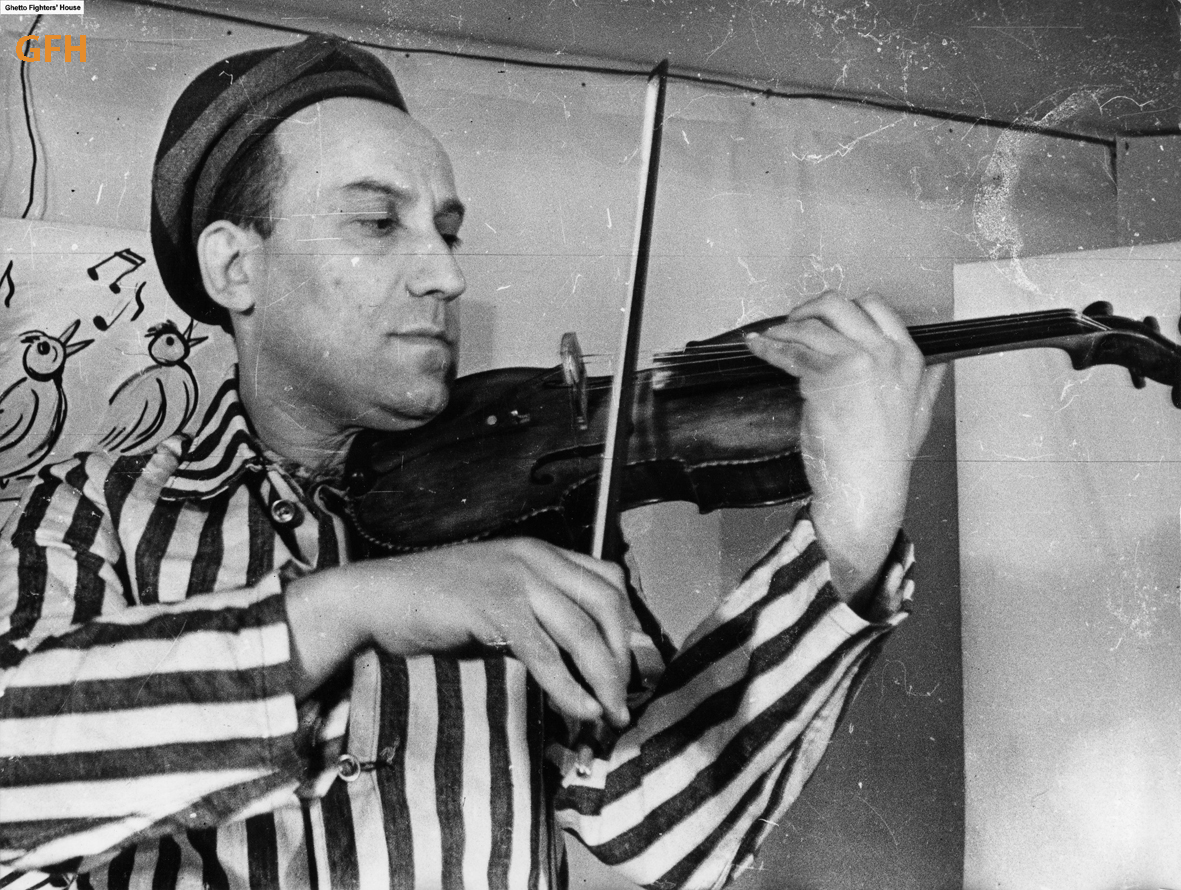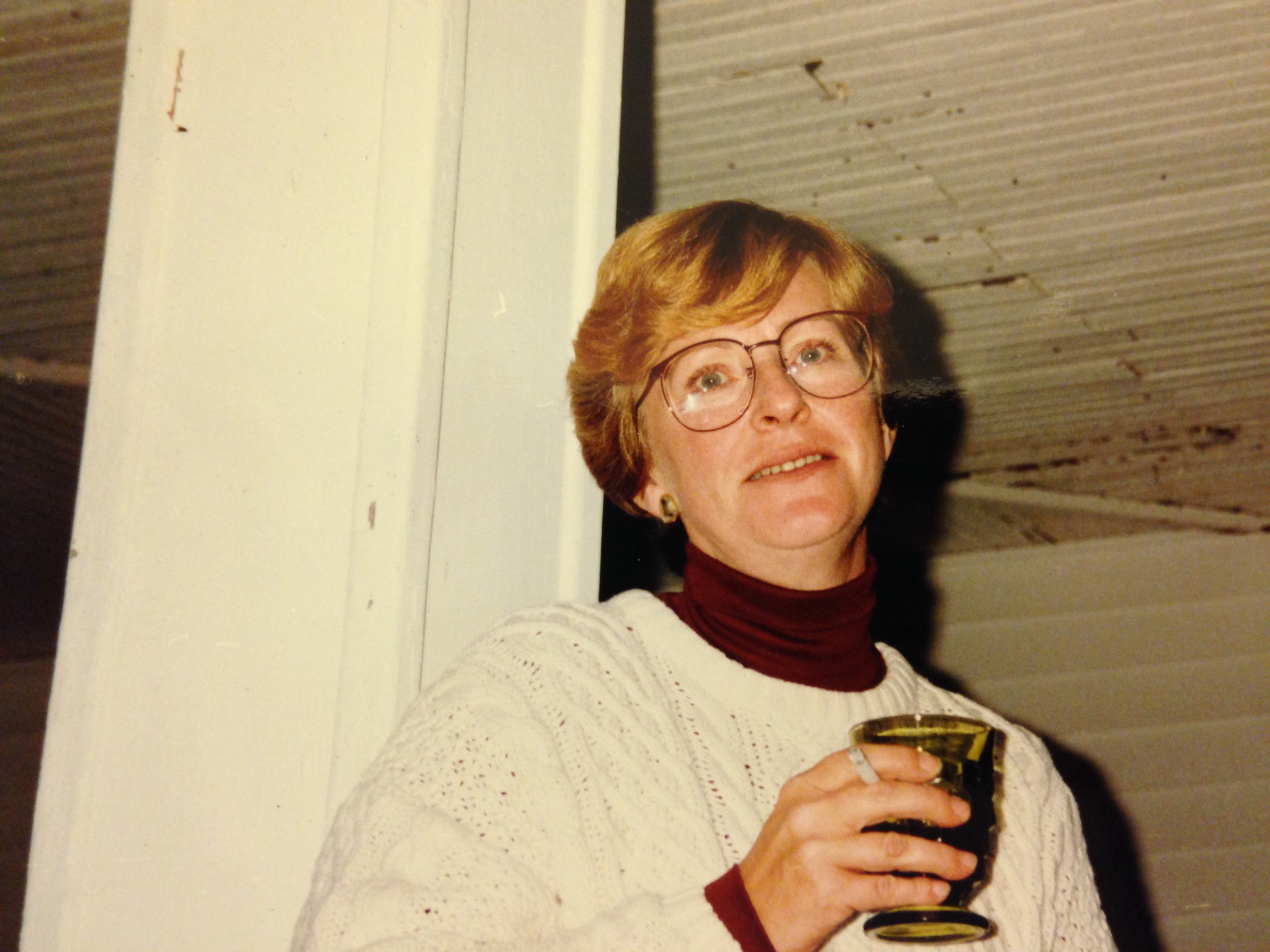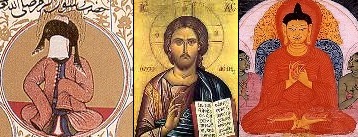
I am not Christian, Jewish, or Muslim. Nor am I Buddhist or Hindu. Labels seem too small and regularly shaped to accommodate my spirituality, which I came across in my own way, having been raised by atheist ideologues.
This essay is not really about spirituality, mine or anyone’s, but rather about morality. Probably because I was raised by ethical people who believed in no higher power, it never dawned on me that morality required religion to exist.
The concept still strikes me as absurd, though I know that many cannot conceive of a morality outside the very clear constraints of their religious beliefs. There are people who believe that morality is externally imposed by a doctrine or credo, and that it does not come from inside. Thus, they imagine that all the people who don’t go to their church or pray to their god cannot be moral. Many religions lay claim to specific beliefs that predate their faith by millennia.
When I taught Eastern religions for a few years I learned a lot. I learned that the phenomenon of “there is only one true religion” is somewhat unique to the Judeo-Christian world. I am no expert and there is much I don’t know, but I know that the Bhagavad Gita teaches that people can find their enlightenment in their own way, and need not adhere to Hindu ideas or believe in the Hindu “source” to end up there. I know that Muhammad respected Jesus as well as the prophets of the Old Testament and considered himself a latecomer to the Axial Age.
But the interesting thing to me is that the religions that arose around the time of Christianity (the aforementioned Axial Age) were responding quite specifically to social injustice.
‘Tis the season of political campaigns being led by men (mainly) who loudly proclaim their devotion to Christianity, and so I am inspired to peek at a few of the more basic tenets of that religion.
Love thy neighbor. Most everyone living and learning within the Western tradition has heard this moral teaching and most people know that the whole sentence reads: “Love thy neighbor as thyself.” (King James Bible) And the greater context is (to paraphrase): Love God with your entire heart, soul, and mind, and love your neighbor as you love yourself and P.S. there are no teachings ANYWHERE more important than these. Which means that loving God and loving your neighbor trump anything from Leviticus that requires stoning your wife, burning a bull in your yard, or calling homosexuality an abomination. This teaching seems pretty simple. Don’t act out of hatred, but out of love.
Love your enemy. Related to the above, but interestingly different. I guess someone who is loving his or her neighbor won’t have any enemies. So maybe Jesus thought, “Well, if they slip, and end up with enemies, I’ll teach them to love their enemies and then we’ll be back to ‘it’s all about love.’” Seems a logical line of reasoning for him, since he wanted to teach love. So he said, “Love your enemies, bless them that curse you, do good to them that hate you, and pray for them which despitefully use you, and persecute you.” There are many who claim Jesus had the copyright on this teaching, but two thousand years before him, a Babylonian council was on record with this: “Do not return evil to your adversary. Requite with kindness the one who does evil to you. Maintain justice to your enemy and be friendly to him,” proving religion has no corner on morality and that government councils can teach loving kindness. There is a Buddhist teaching that is similar, that I won’t fully quote here but I love this part: “Let us live happily, not hating those who hate us.”
Turn the other cheek. The quote goes like this (again King James, my favorite translation): “But I say unto you, that ye resist not evil: but whosoever shall smite thee on thy right cheek, turn to him the other also.” This always bothered me because I thought it was about passive acquiescence to evil. But then I learned something important from a scholar and social historian who explained to me that Jesus in that teaching is advocating political resistance –the non-violent kind. According to the customs of the time, the left hand can only be used for personal and unseemly uses, so any blows to the right cheek must be made backhanded—it’s just an anatomical thing. If you use your right hand on the right cheek—it’s gotta be that way. And a backhanded blow is the way superiors struck peasants. Thus Jesus is addressing a theoretical peasant who is being beaten and he is saying, “Give that asshole your left cheek and make him hit you with the flat of his palm as if you were an equal.” So… either the beating stops (unlikely), or he treats you as a peer, which is almost better. The result is a delicious awkwardness and a way to deal with social injustice without violence. (For a very cool explanation of this, including the part of the passage about walking the extra mile and giving the cloak AND the coat, check out this link: turn the other cheek.)
The Golden Rule. Hugely popular with parents and teachers everywhere. My atheist parents used this dictum as the cornerstone of their ethical teachings. I knew the quote—“Do unto others as you would have them do unto you”— long before I read the Bible (in middle school English classes). It made perfect sense to me. Where does this genius bit of ethical absolutism originate? Matthew 7:12, you say? Sure. But it was around waaaaaaaaaaaaaay before Jesus explained it to his flock. Also known as the ethic of reciprocity, it can appear in either the positive or prohibitive form. Jesus used the positive: do. The prohibitive, used for example by the ancient Chinese, is more like this: Don’t. Aka, don’t do to others what you don’t want them to do to you. Like when your mom said, “Do you want Johnny to push you down? No? Then don’t push him!”
Around 2000 BCE, the Egyptians had a thing that went like this: “Now this is the command: Do to the doer to make him do.” It goes along with the concept of sacrifice—give a gift to the gods so they will bestow gifts upon you. Later, around 675 BCE the Egyptians had a negative or prohibitive form of the Golden Rule: “That which you hate to be done to you, do not do to another.”
Then there is Confucius and Lao Tse in ancient China, each of whom has a version. The Hindu precept, “Make dharma (right conduct) your main focus, treat others as you treat yourself,” is another very ancient example. Then there’s ancient Greece, and ancient Persia… and finally—FINALLY—we get to the Judeo-Christian tradition which chimes in on the Golden Rule.
Where am I going with this? Jesus was a good teacher and his precepts hit at a good time, but he did not make most of this stuff up from scratch. There were people teaching moral behavior before he cast his light upon the Middle East and, eventually (thanks to some great marketing strategies and a few wars credited to his followers), the rest of the planet. But the ancient Egyptians or Chinese from several millennia BCE were not sending messages via bottle or smoke signal halfway across the planet and into the future. The ideas of love, reciprocity, and peaceful co-existence arose independently across the globe over time. Morality is not linked to any particular political or religious system, location, skin color, gender, class, sexual orientation, or social strata. It is simply human.
The social injustice of Jesus’s world created a system ripe for change. His followers, Jews and pagans, managed to incorporate his wisdom into their own religious traditions. It did not seem particularly odd to do so as many of his messages were considered more political than religious.
How many religions have fought holy wars in order to wipe out the non-believers? No history is bloodier than that of a church founded on the teachings of a simple carpenter who taught universal love and peaceful resistance.
How many nations have been founded on religious teachings and turned around and banished, exterminated, or forcibly converted anyone who believed differently? Jesus was a Jew, but I’m pretty sure he did not ask for an identity card when people followed after him to hear what he had to say.
Every president of the United States – a nation that in its founding separated church from state—has to swear an oath on the Judeo-Christian Bible. So how did it come to be that “devout” candidates are allowed to wage holy wars on women’s rights, religious freedoms, and the poor? Their guru, Jesus himself, honored the poor above all (remember the thing about a rich man getting into heaven being harder than a camel’s transit through the eye of a needle?), preached unconditional love (that means no conditions, yo), and accepted independent women among his closest followers. Some believe Mary Magdalene was his first and most important disciple and it is a matter of historical fact that she was not a prostitute at all, but an independent and sexual woman, which the Christian fathers had to translate into “prostitute” to justify their patriarchal religion and its systematic debasement of women. (For more on that check out my blog titled “Scarlet Words—How Women’s History and Power was (partly) Stolen by Changing the Language.”)
Not only does the current crop of talking heads in the Republican debates not advocate loving their neighbor, let alone their enemies, they in fact demand anger, hatred, and retribution. They incite us all to carry our guns and shun non-white, non-Christian people fleeing from tyranny. There are even hate groups out there (I can’t help wondering what Jesus, Buddha, or Muhammad would have to say about the very CONCEPT of a hate group) who believe that we should torture and destroy the children of our enemies. They also insist that citizens who love “the wrong people” or identify as “the wrong gender” or, an old favorite, have “the wrong color skin” or religion—that those people should be tormented, banished, killed. The large majority of these hate groups identify strongly as Christians. I want to ask them: “Have you met Jesus?”
What happened? A planetary evolution of millennia upon millennia, a species with no end of wise teachers to guide us and we are still in this place?
Many people may not love themselves enough to love their neighbors and enemies. Yet there are plenty of people out there living good lives, motivated by love and acceptance, guided by the Golden Rule. Spreading love starts at home. A challenge for me and mine this New Year.
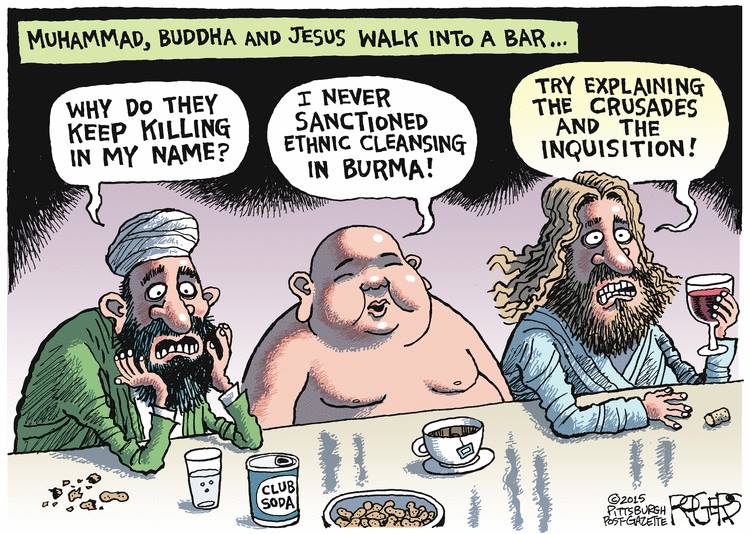
No disrespect intended to anyone. This cartoon just fits too darned well with my blog.
